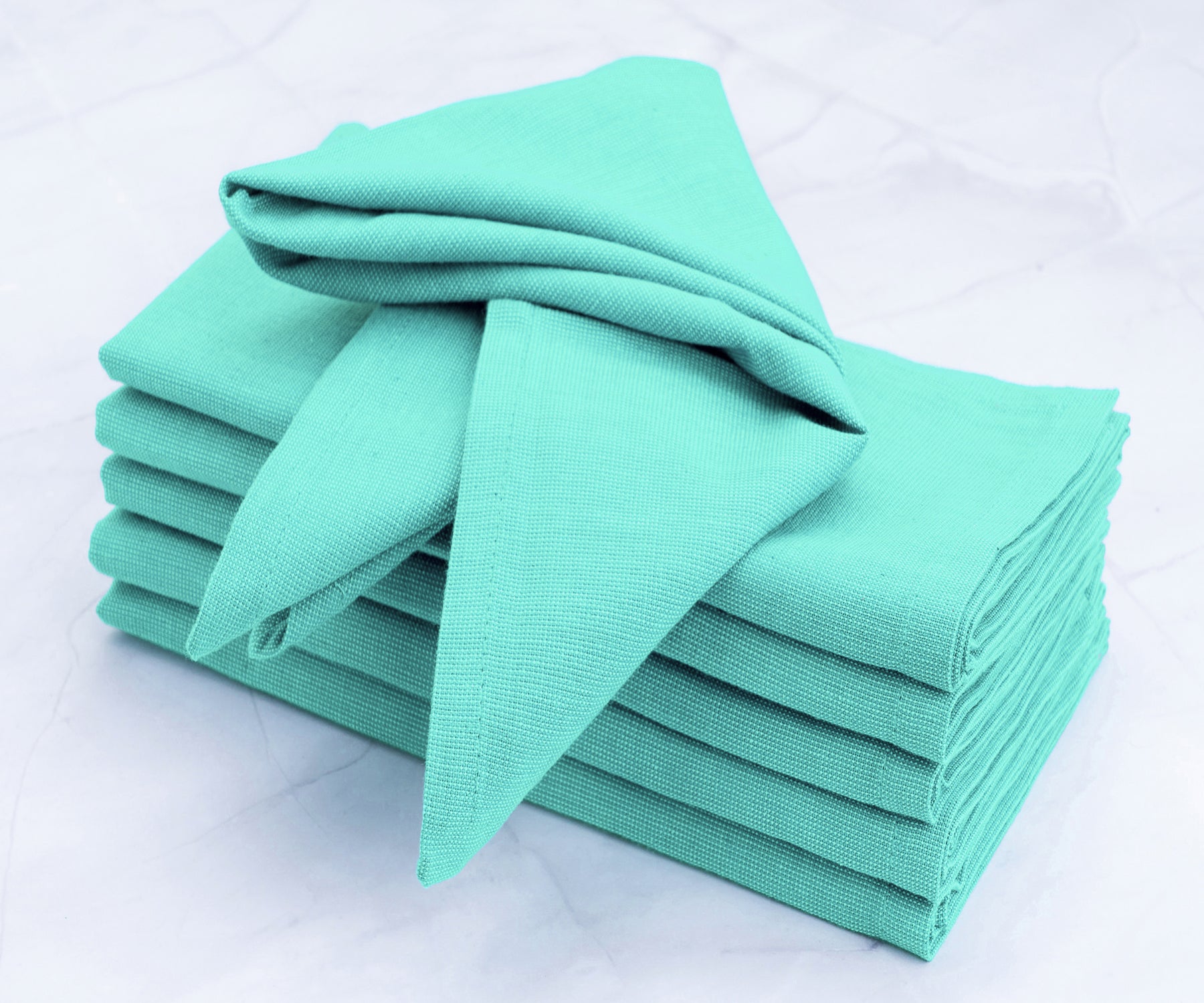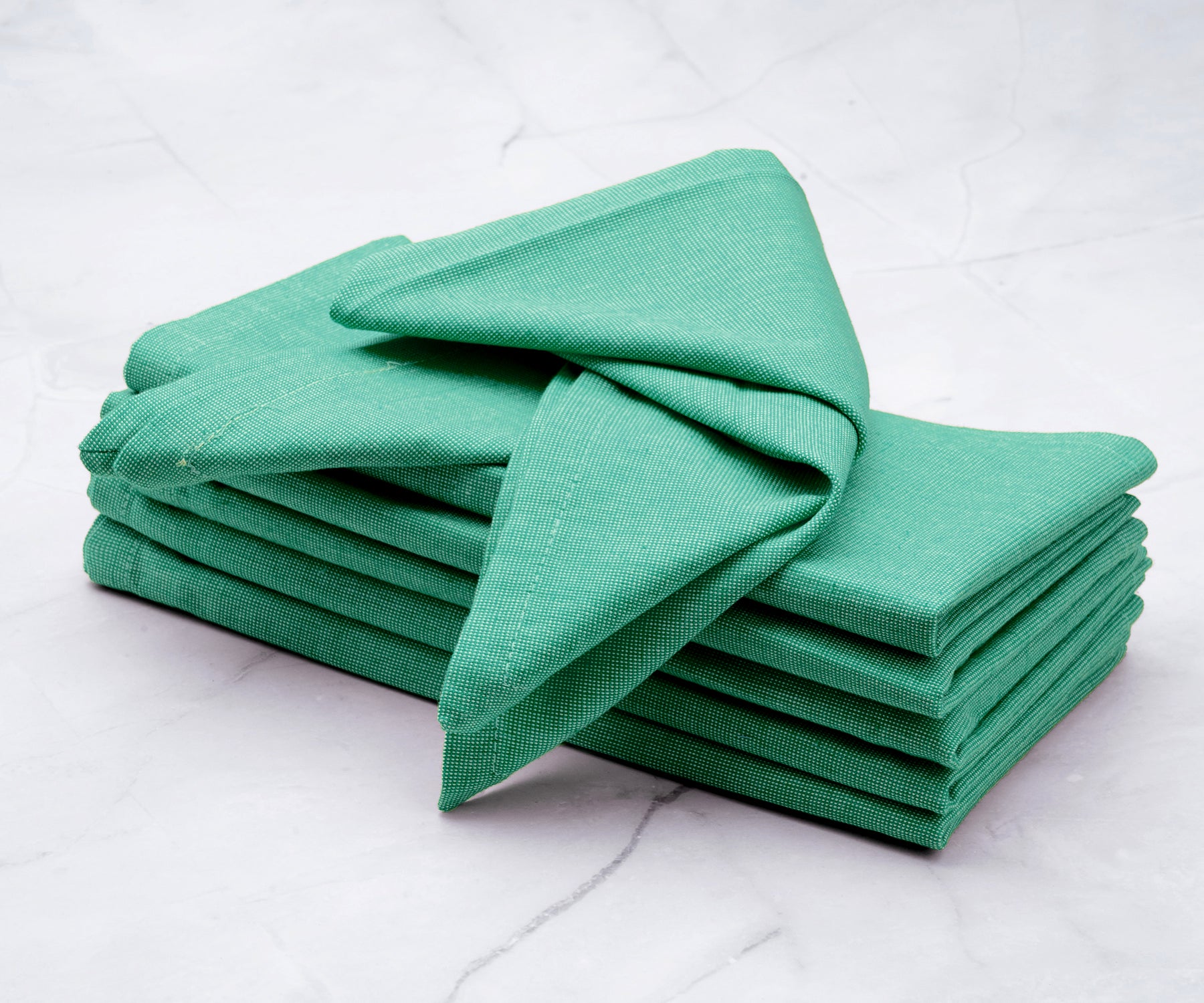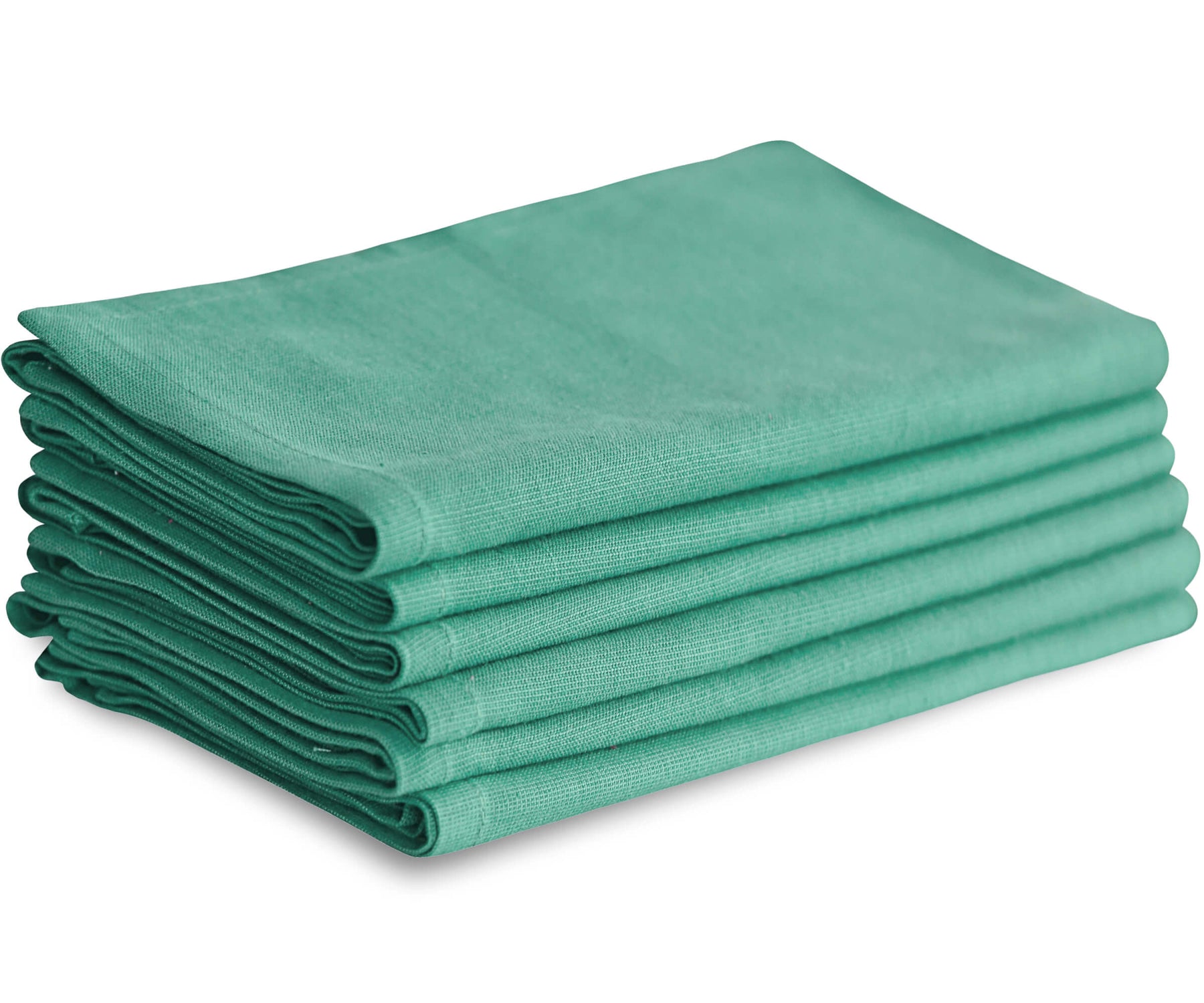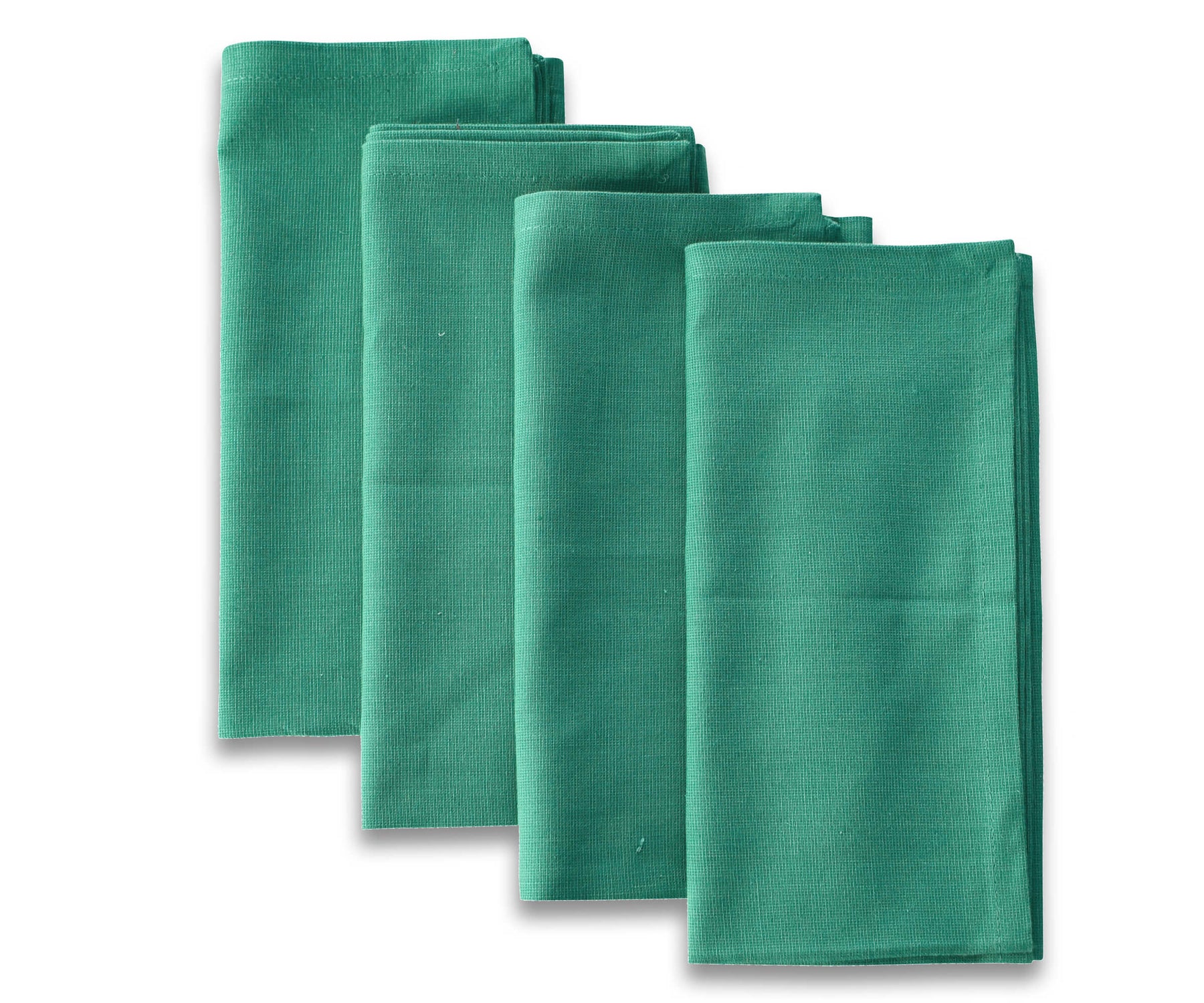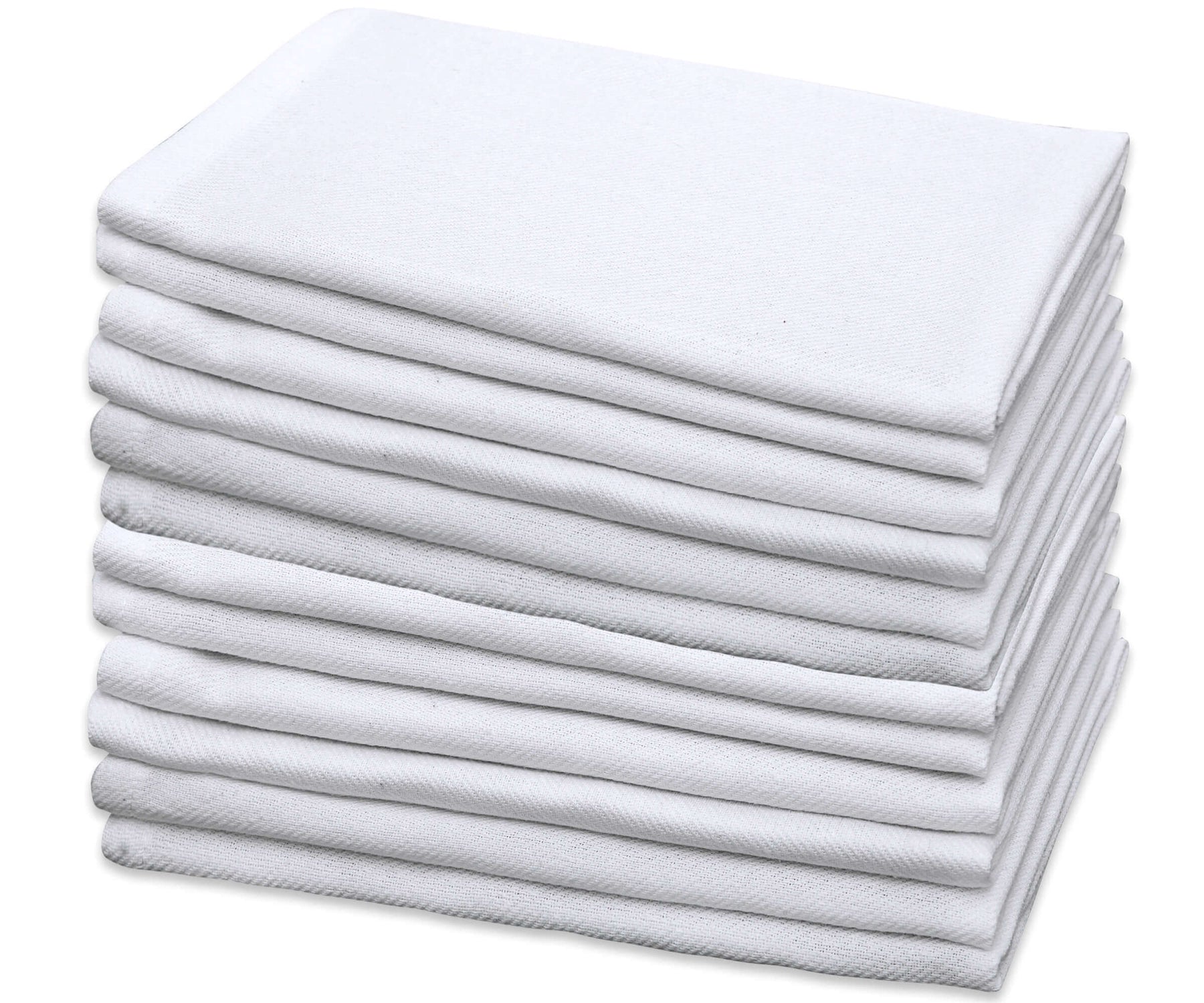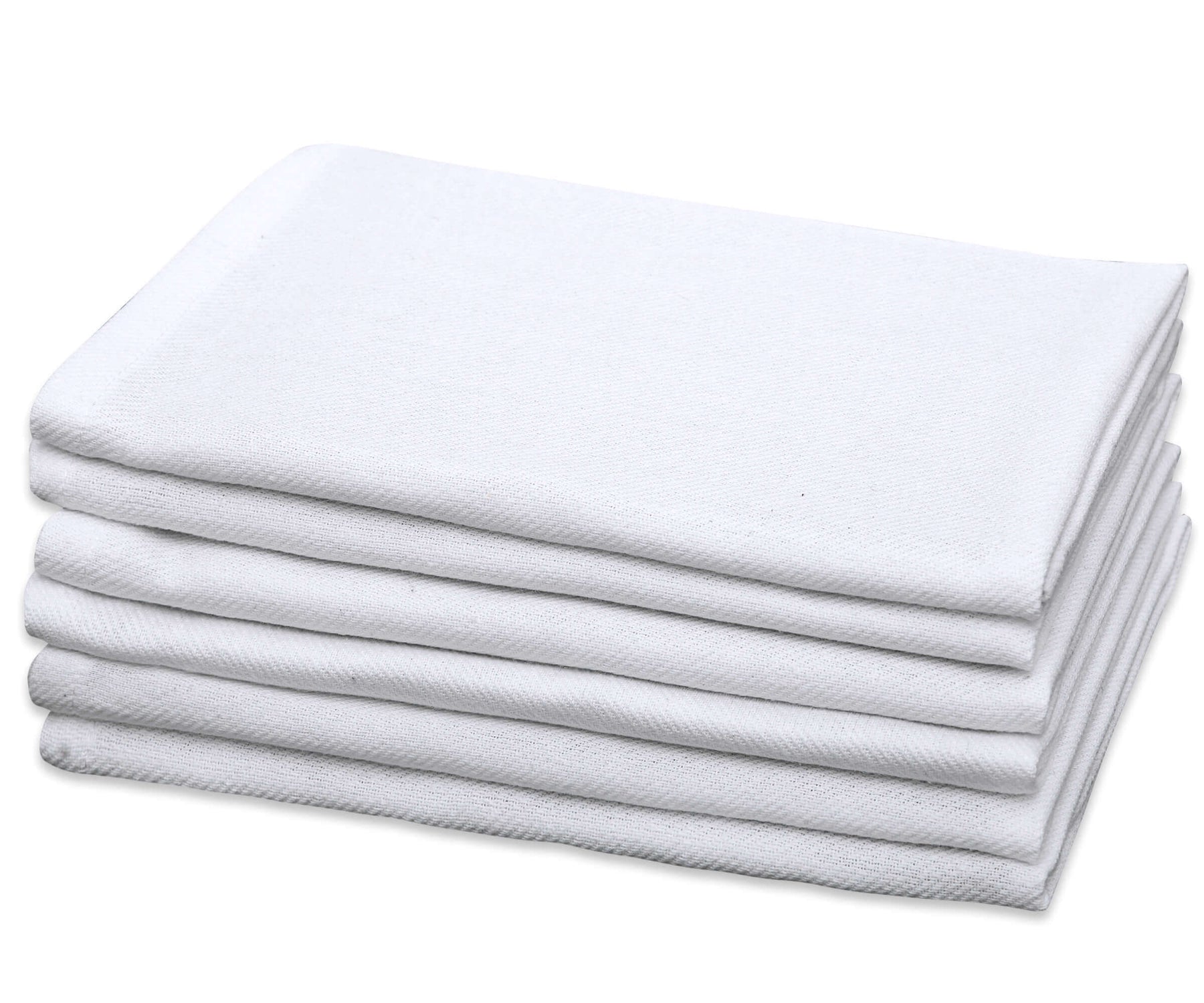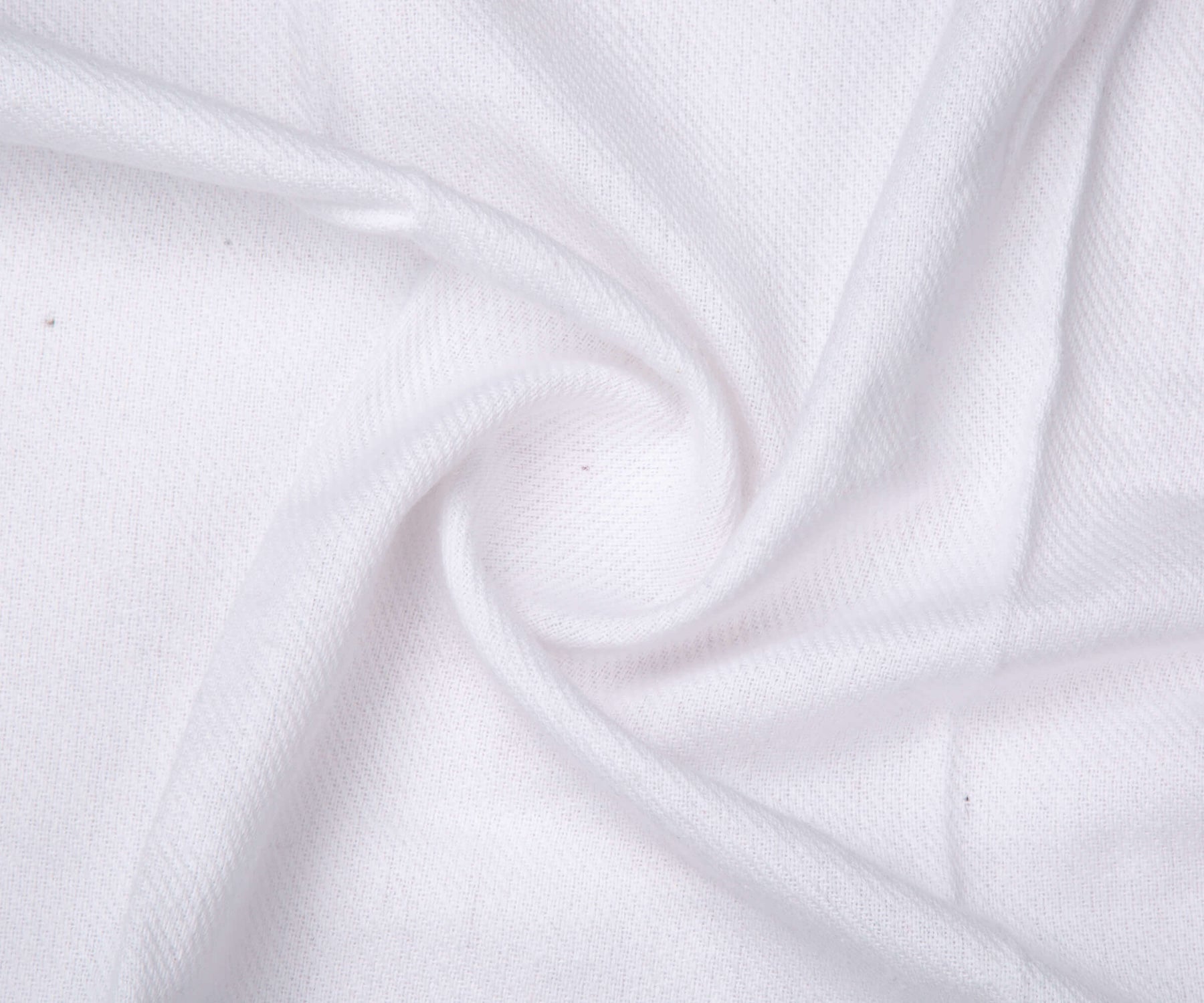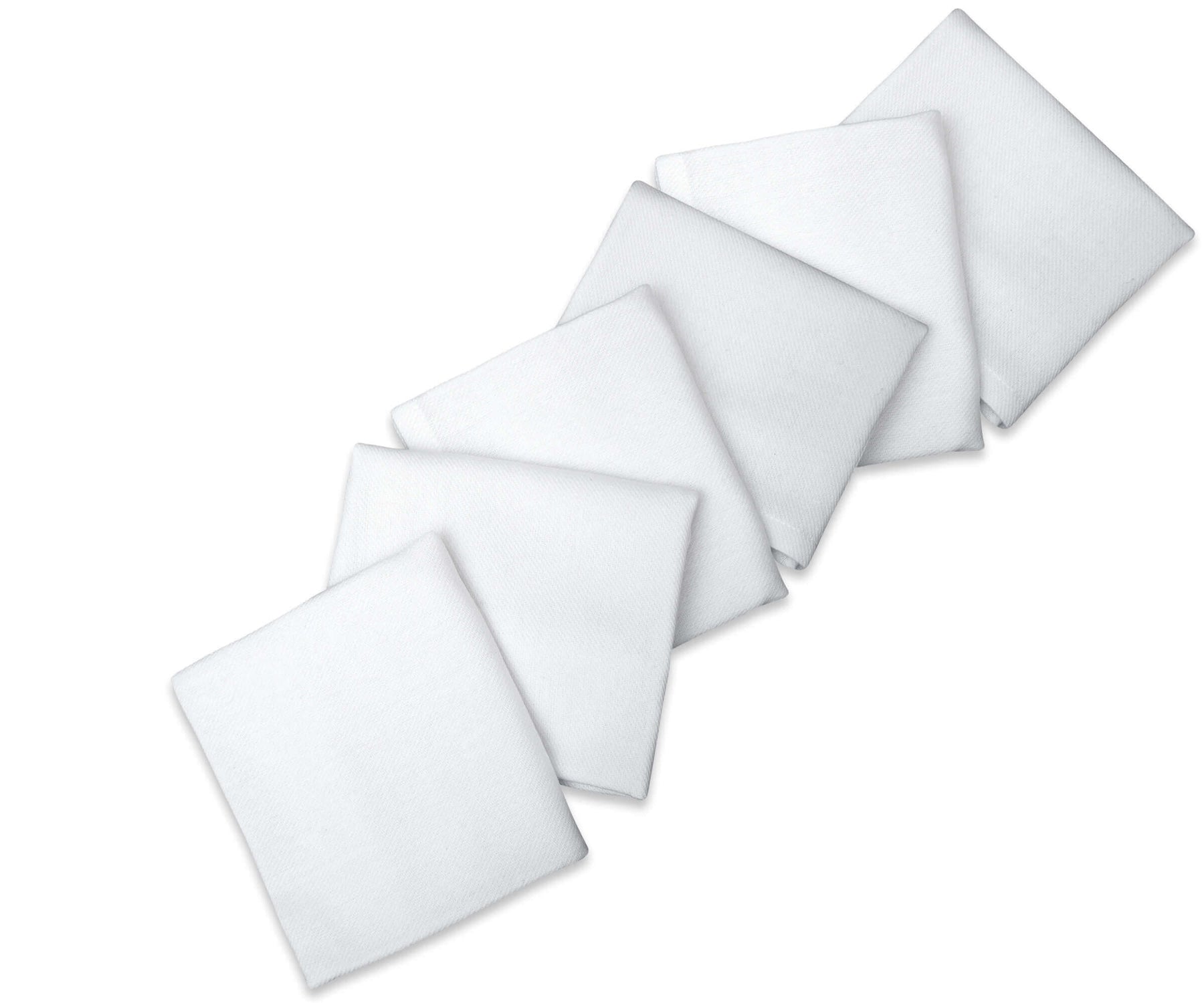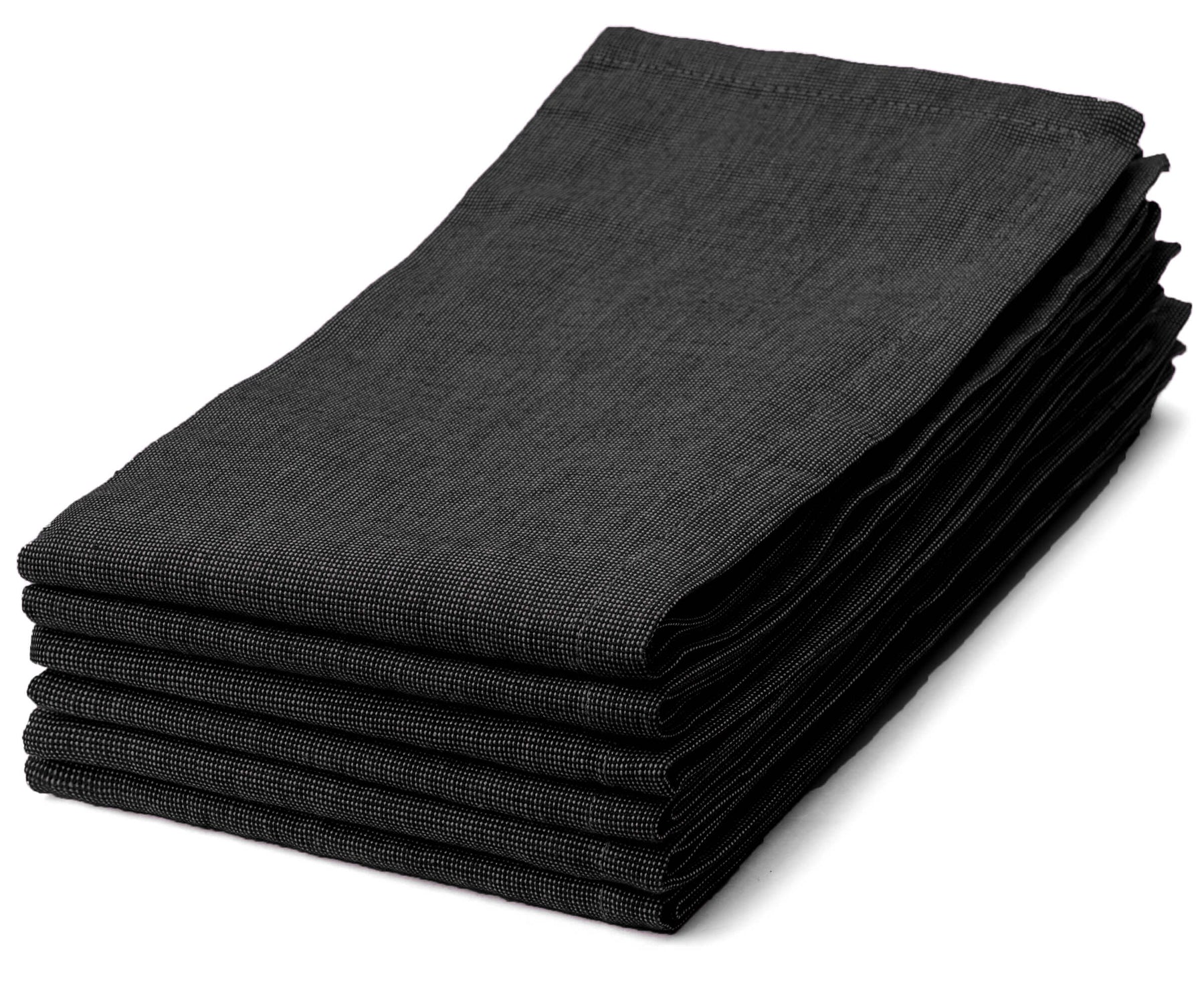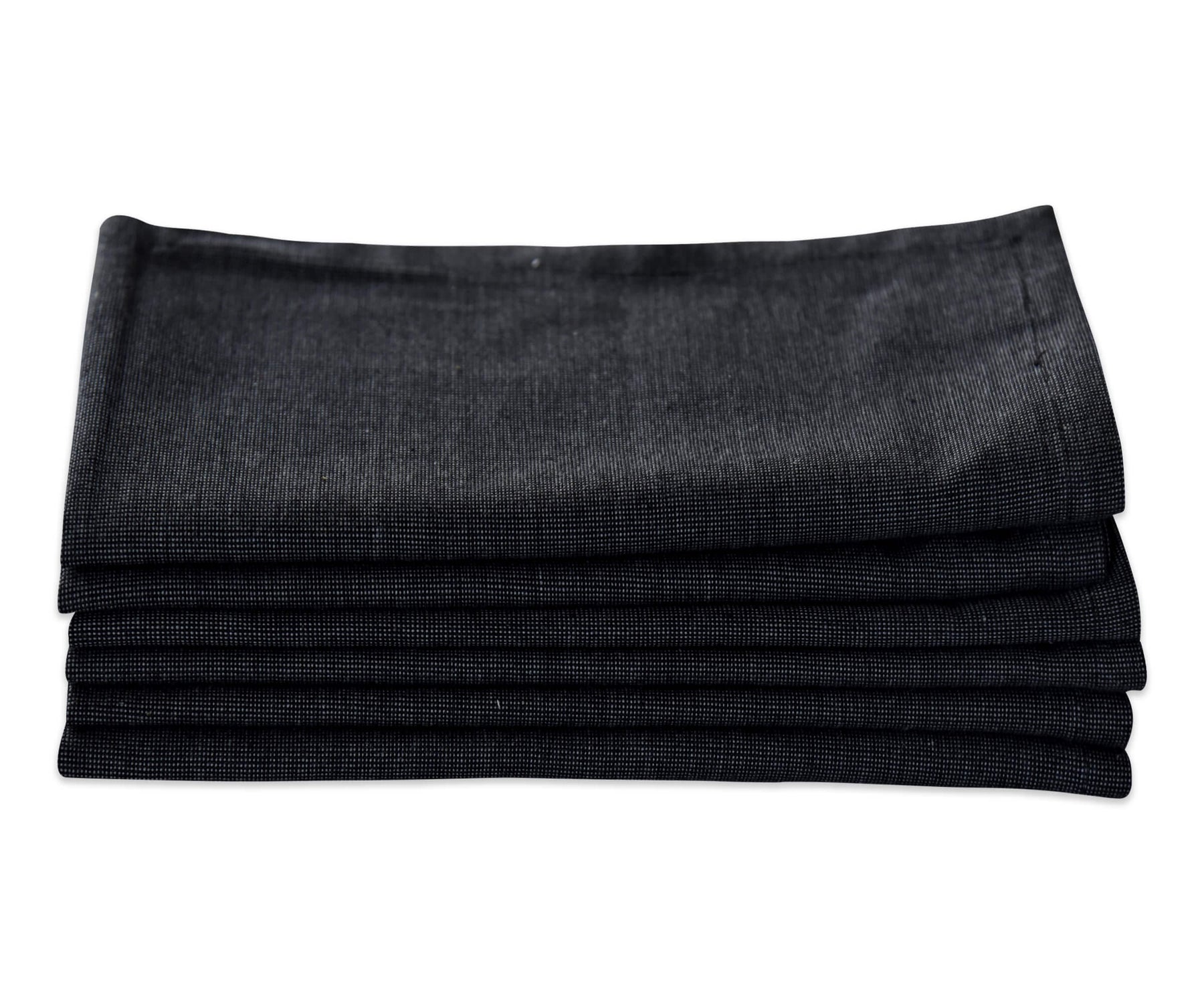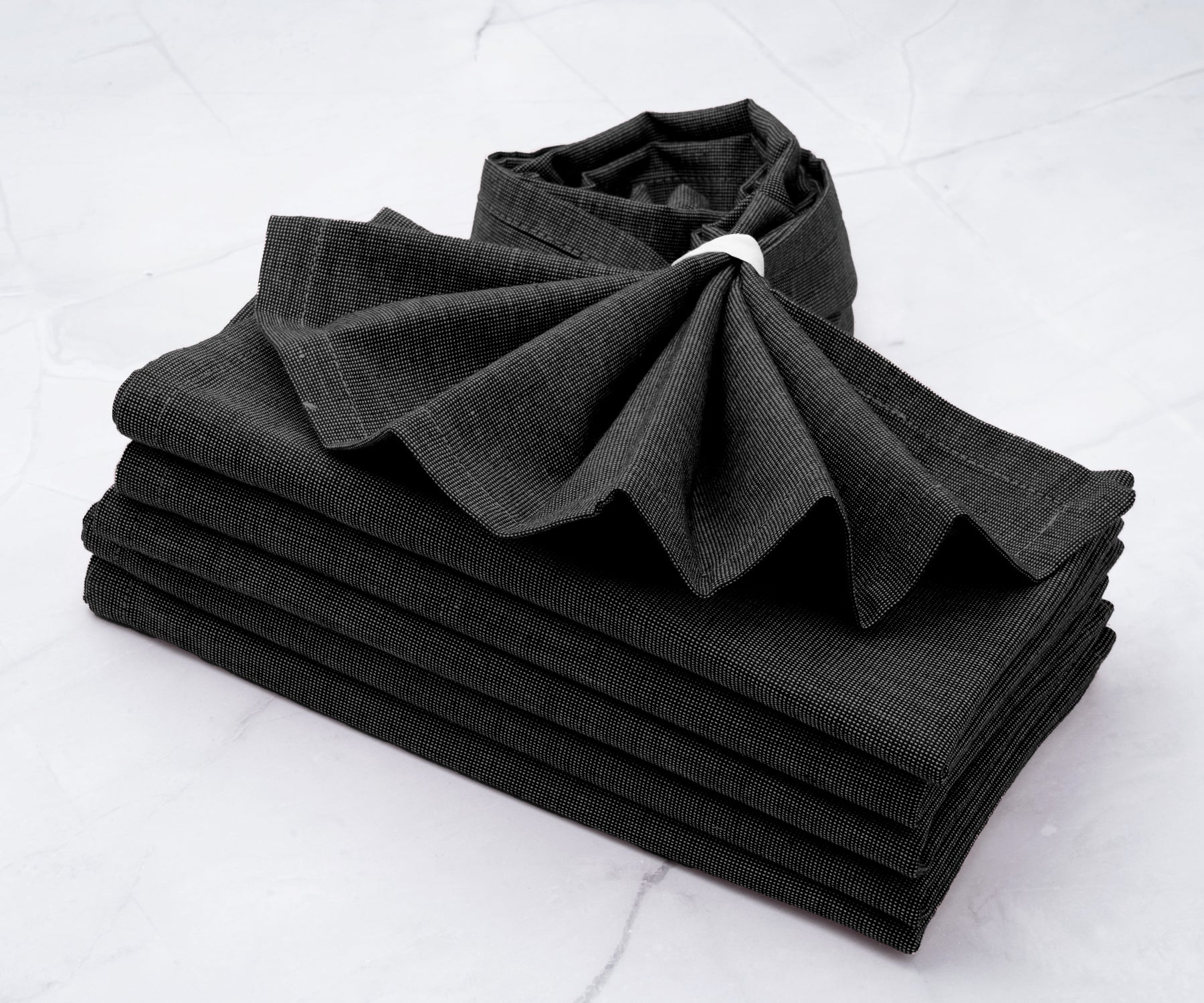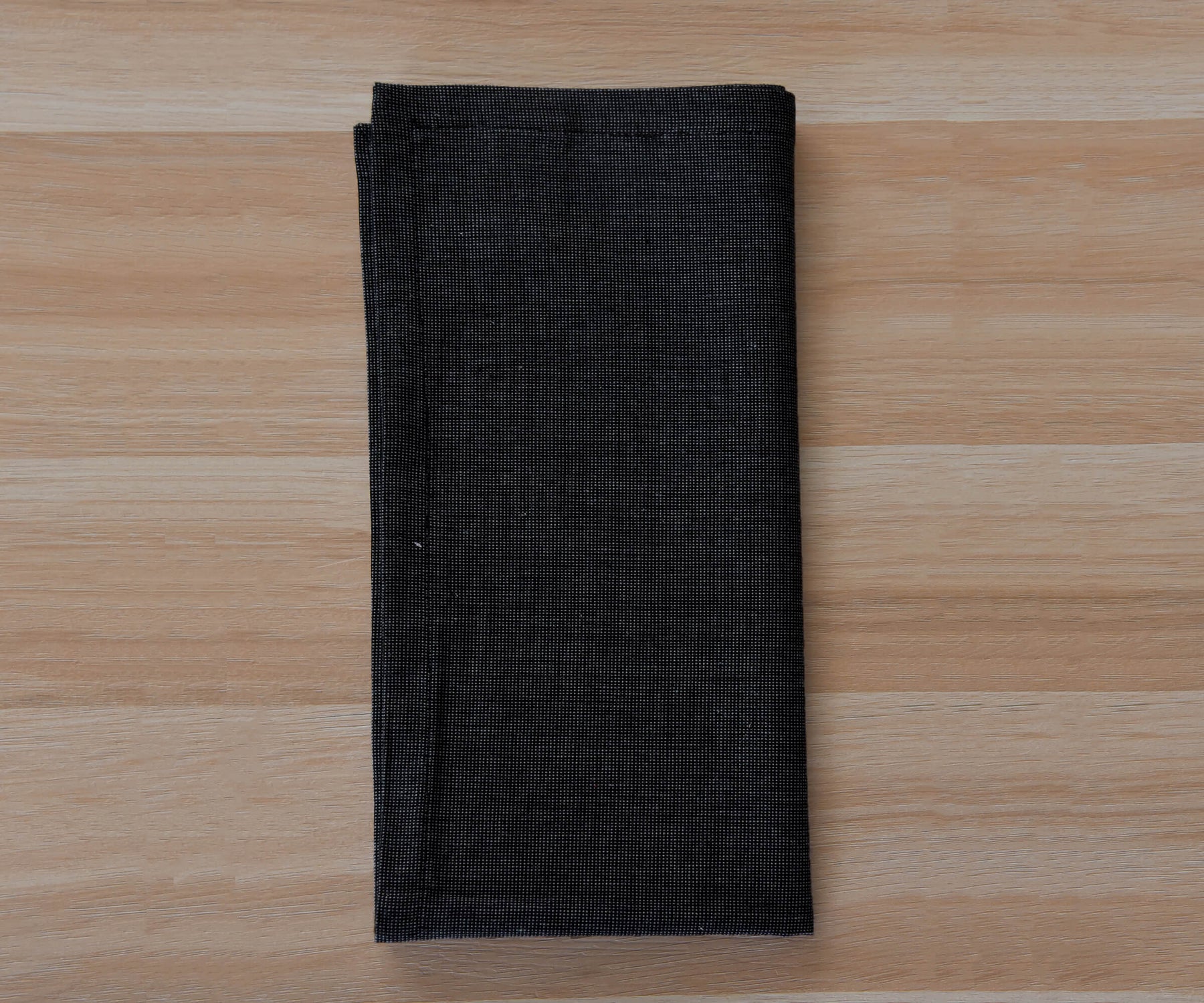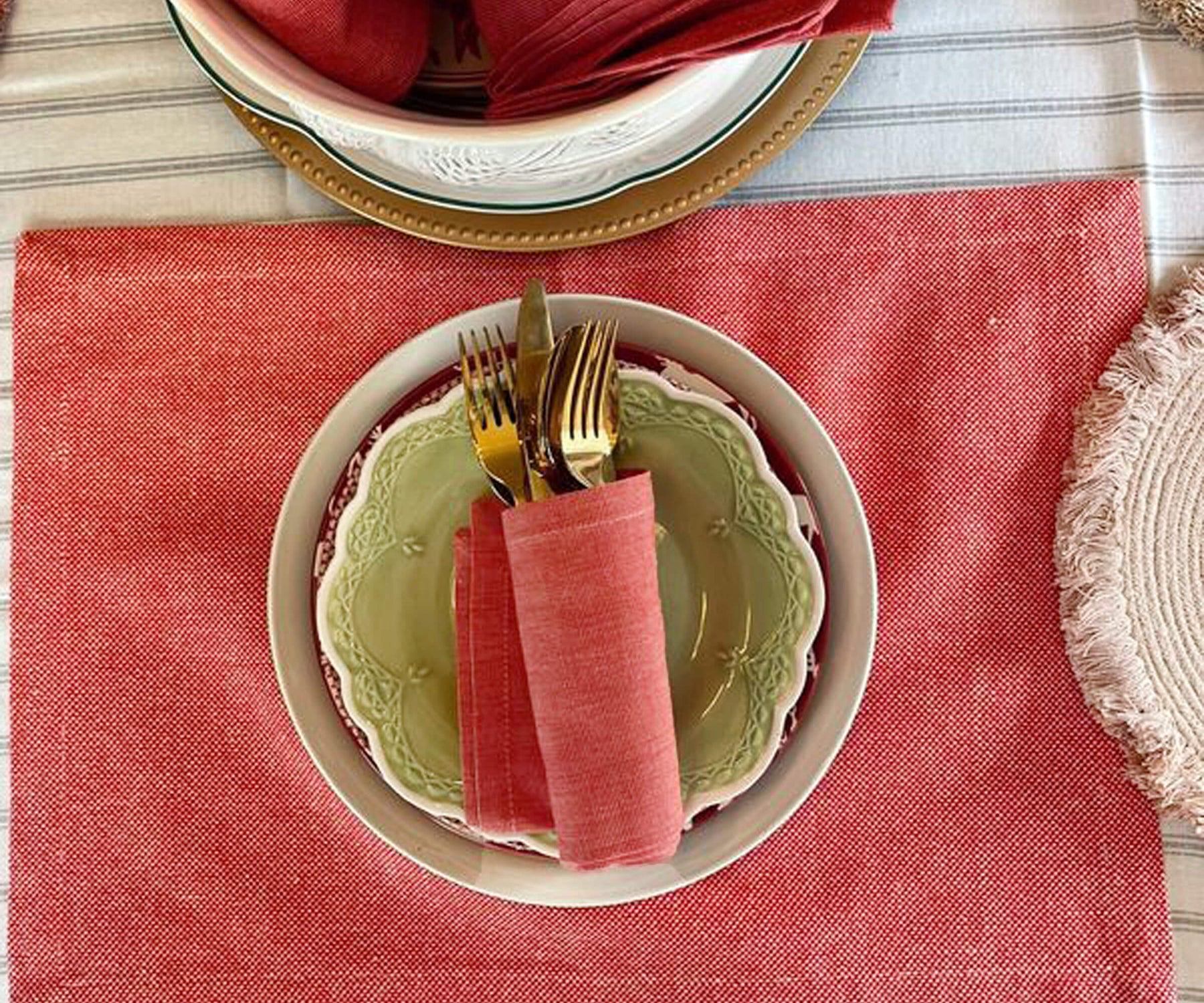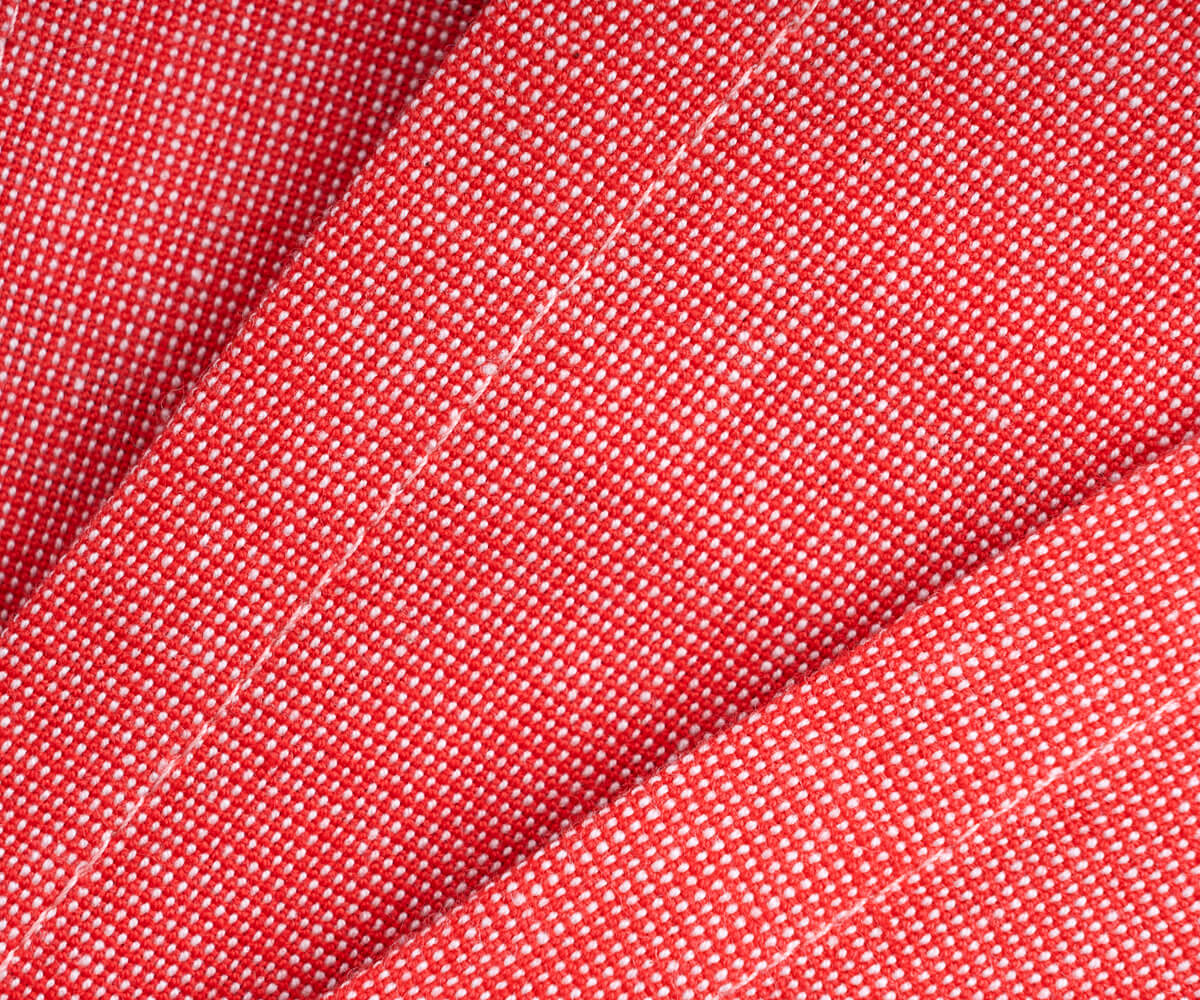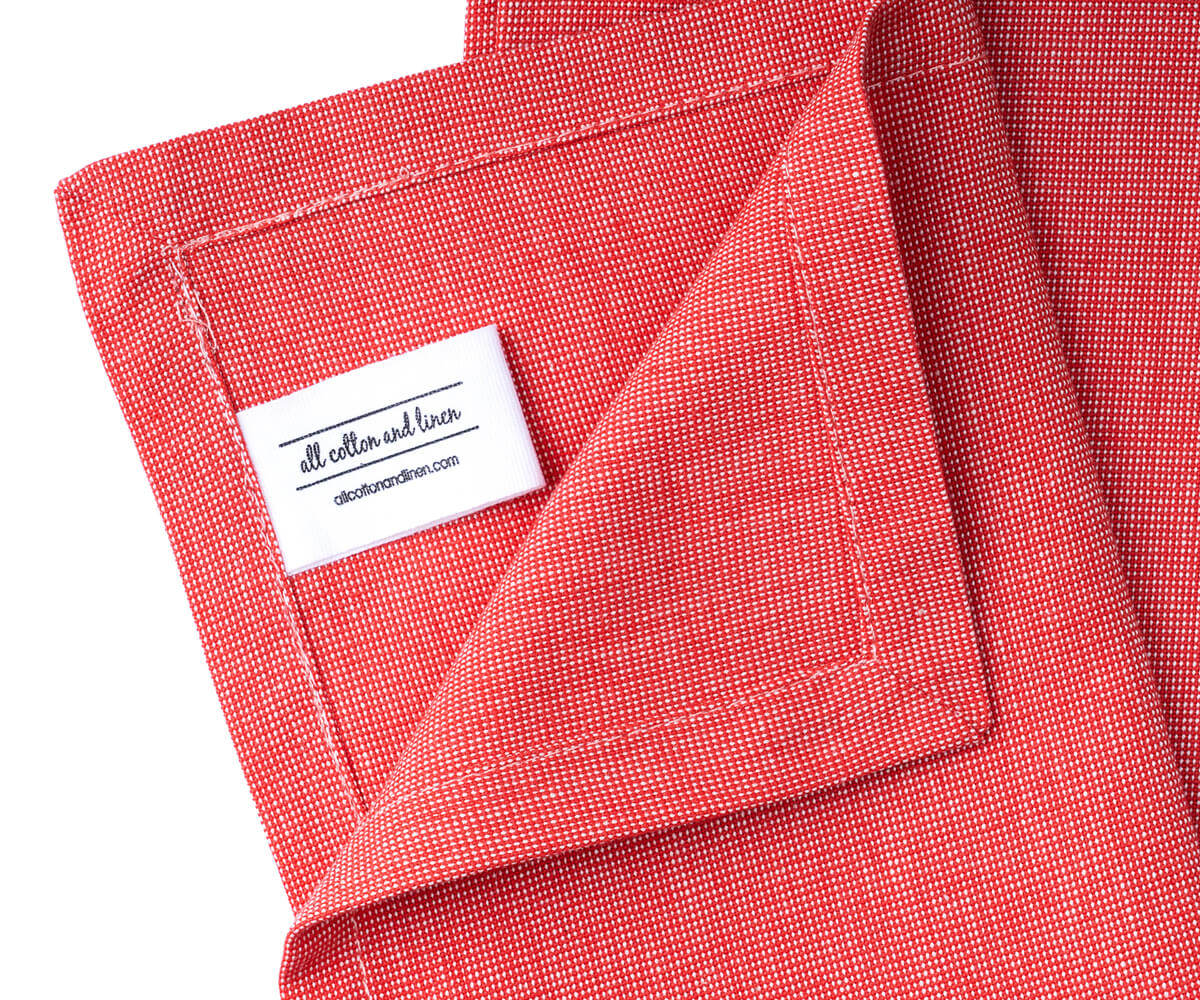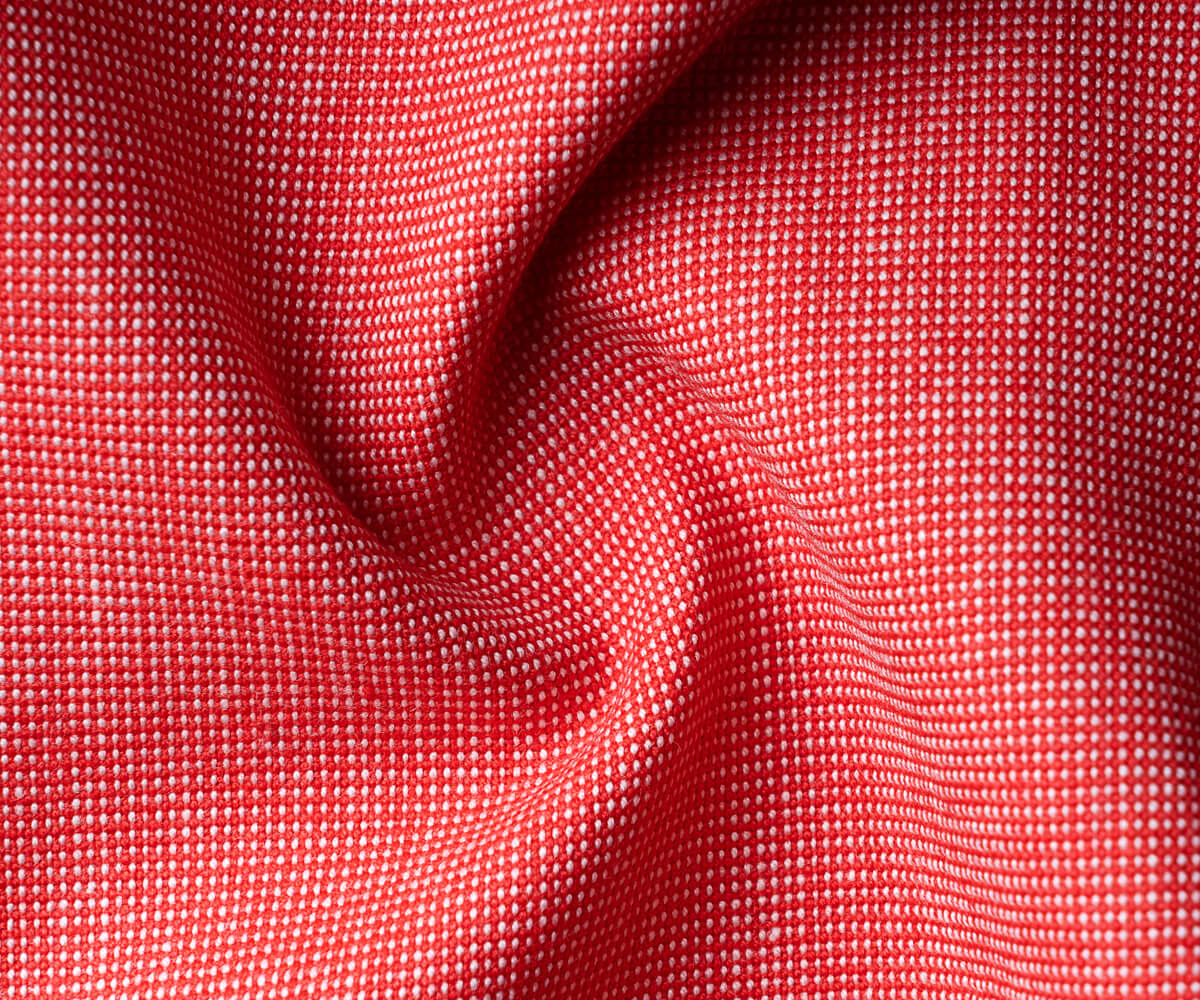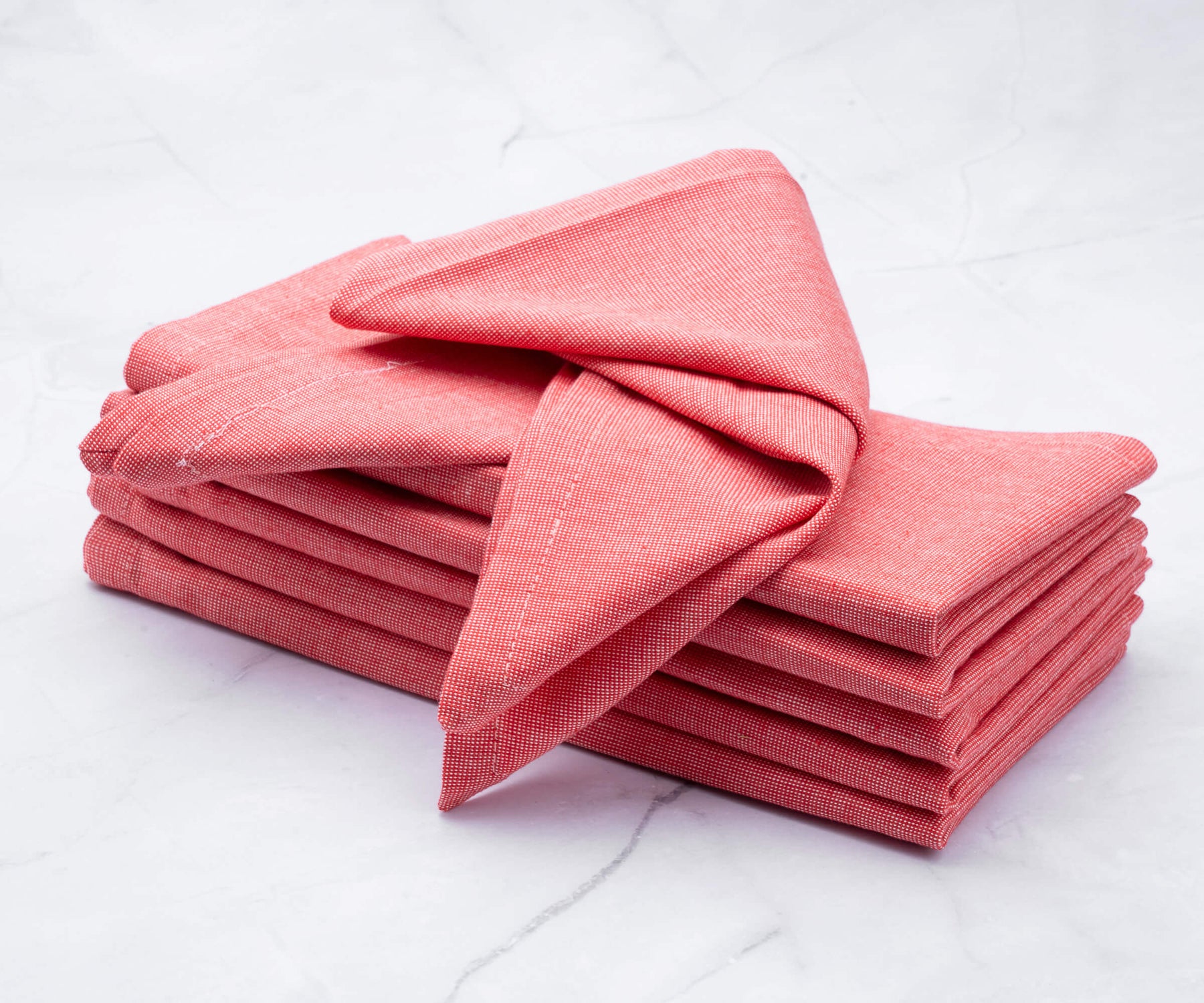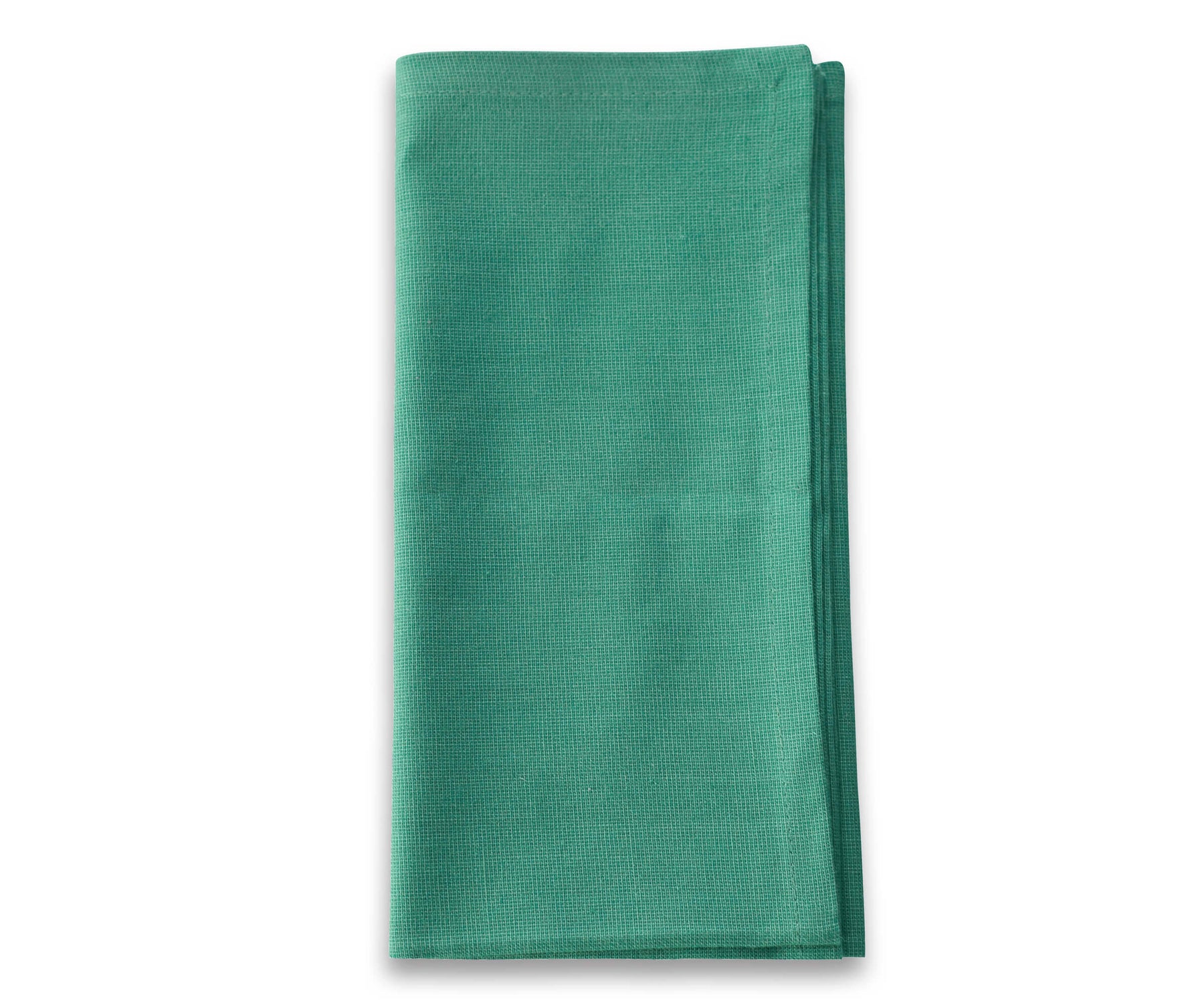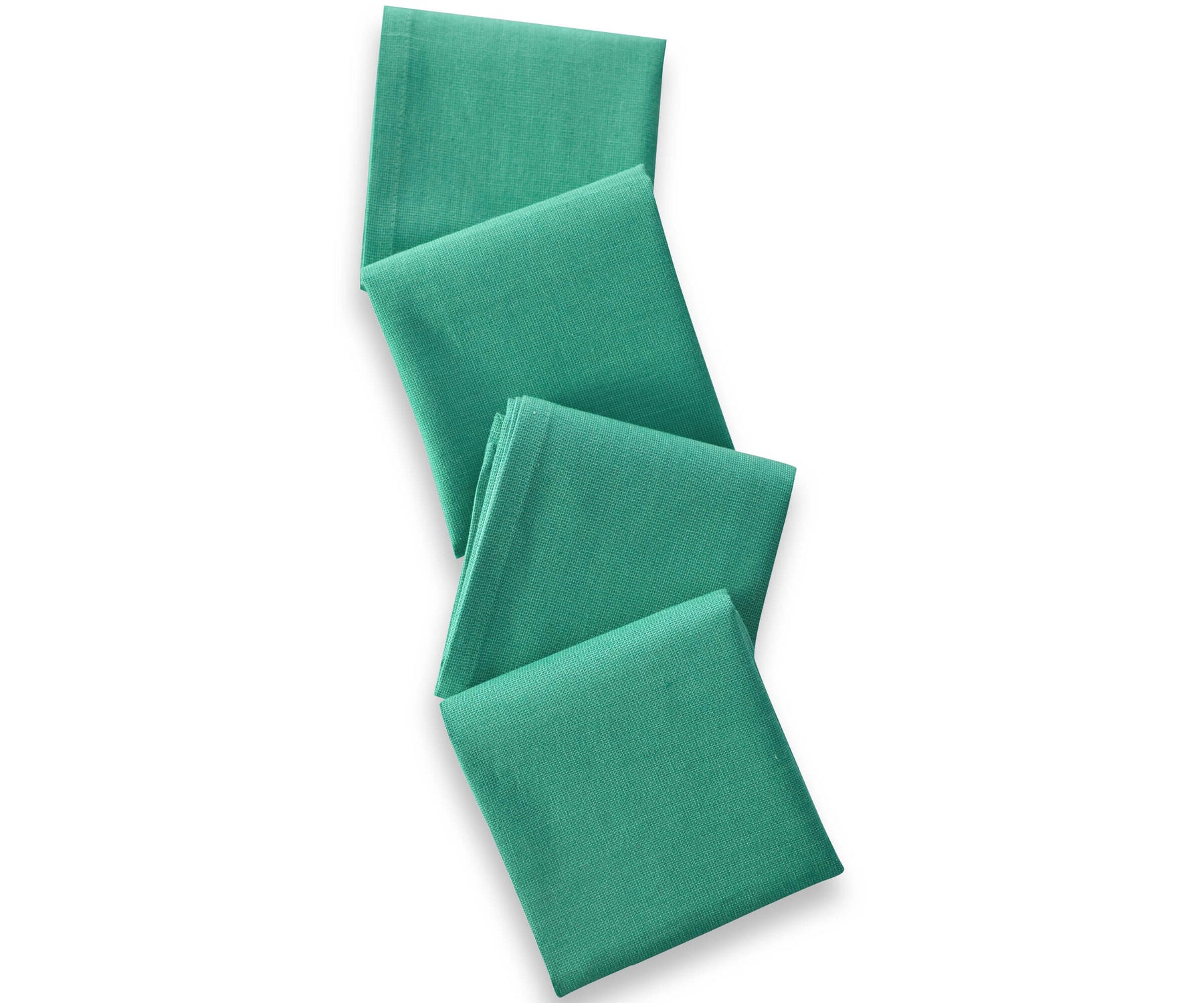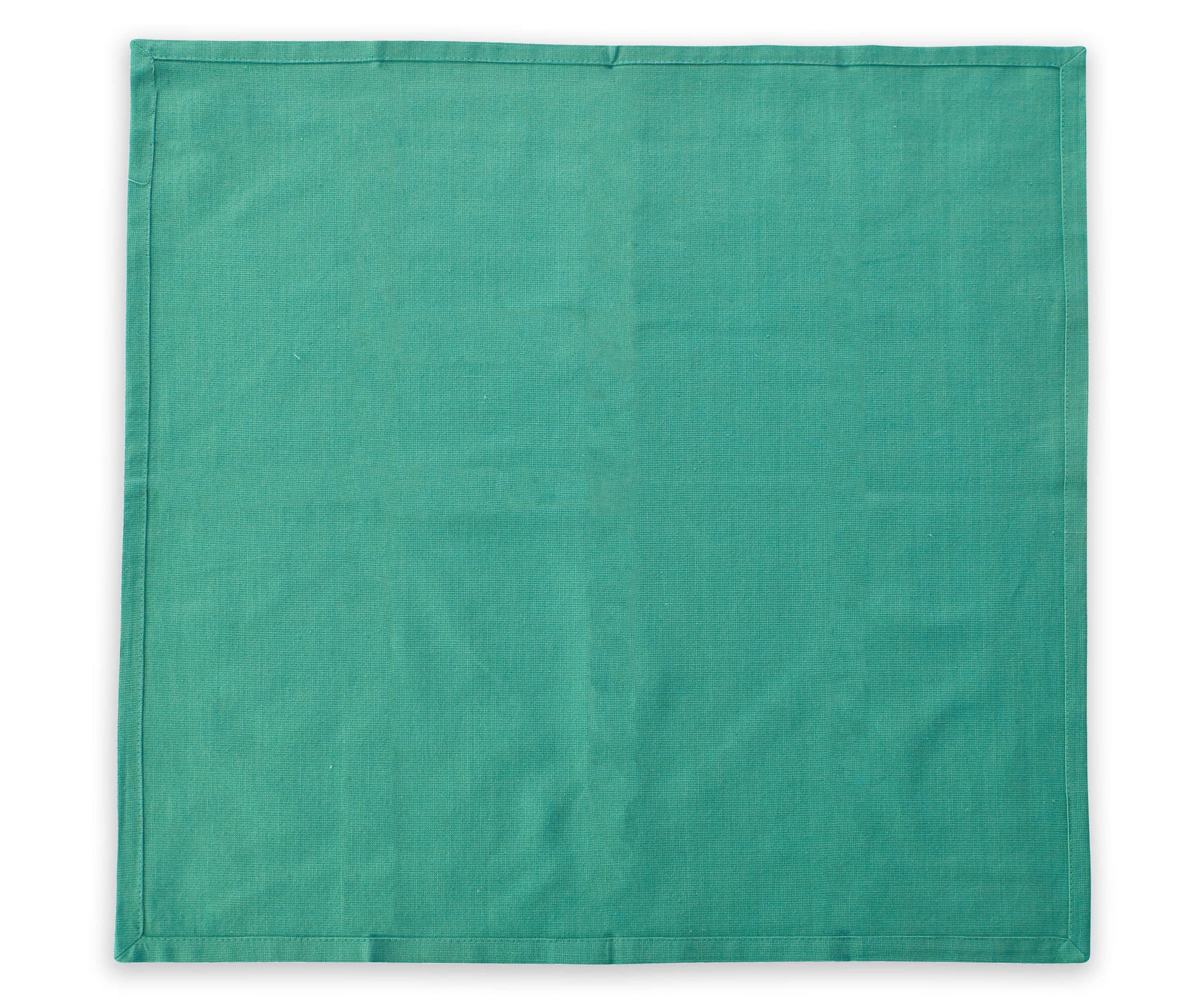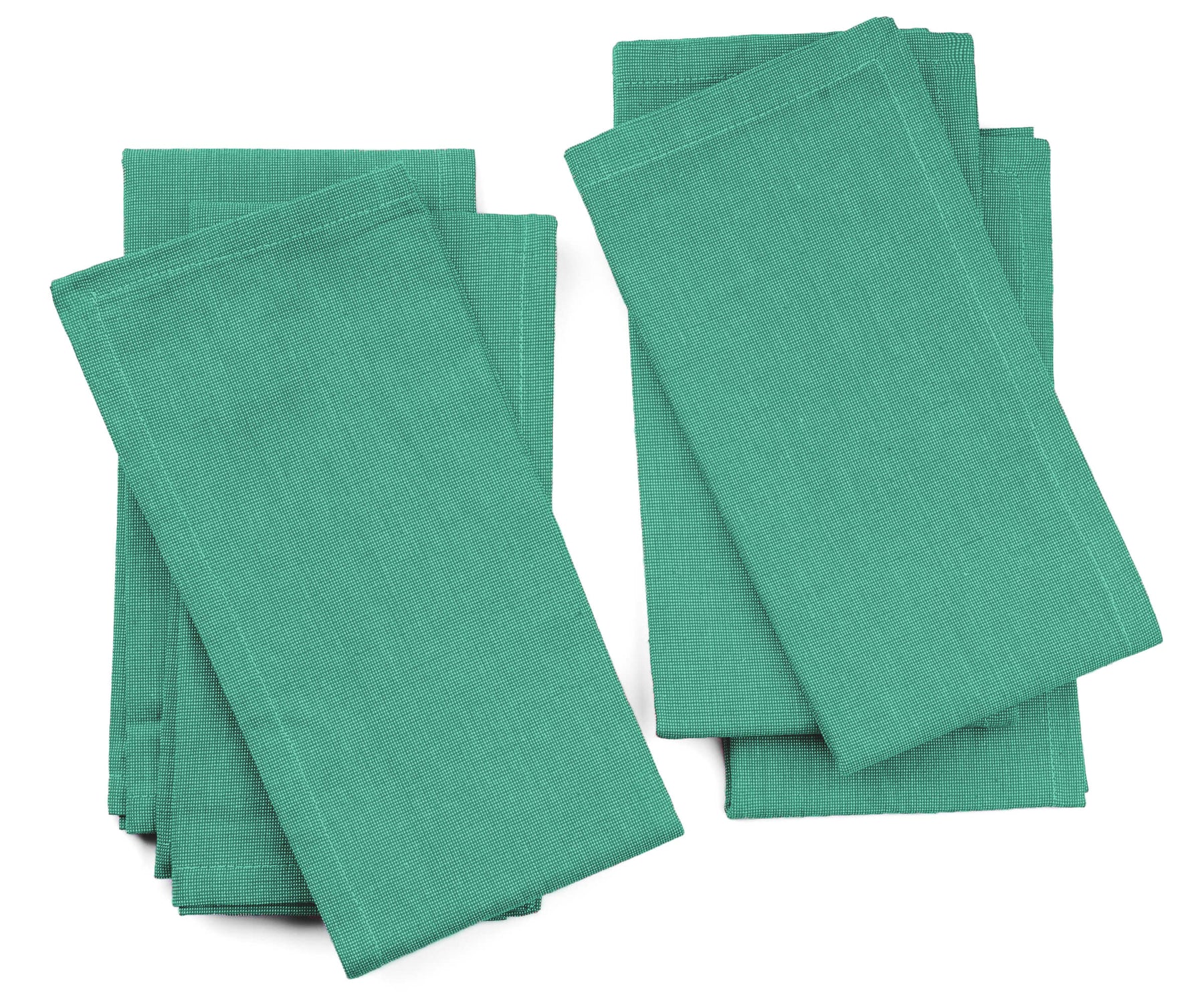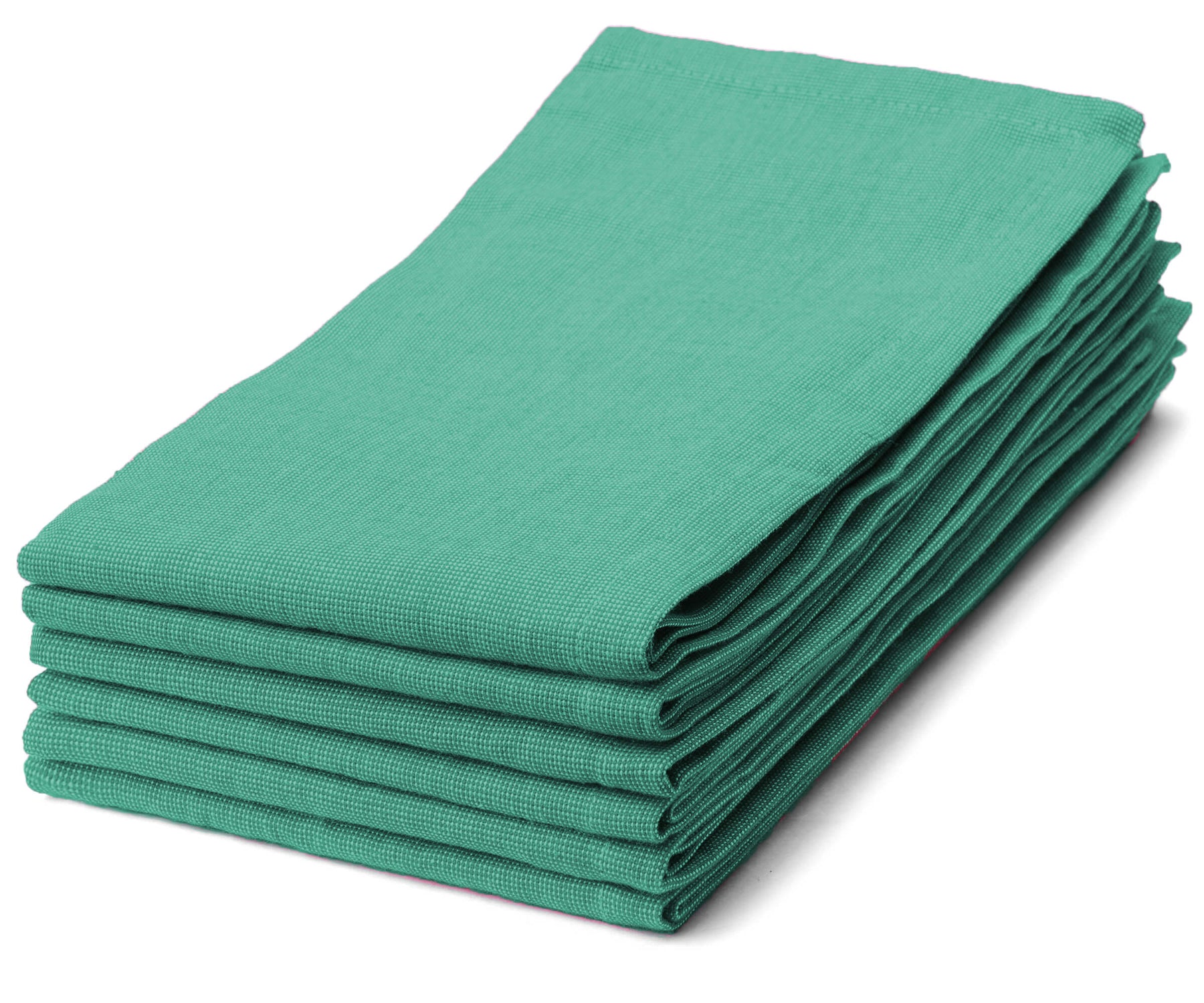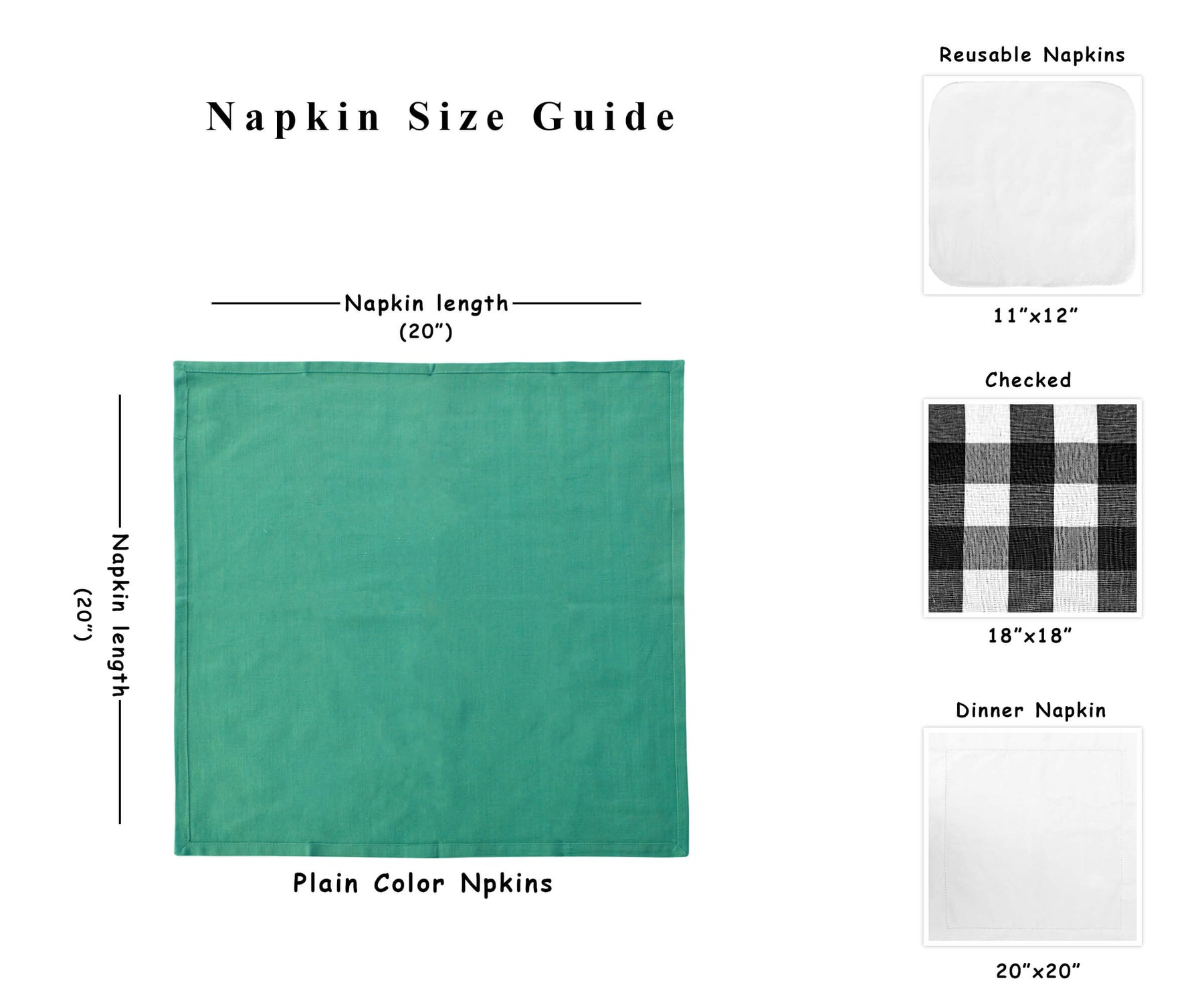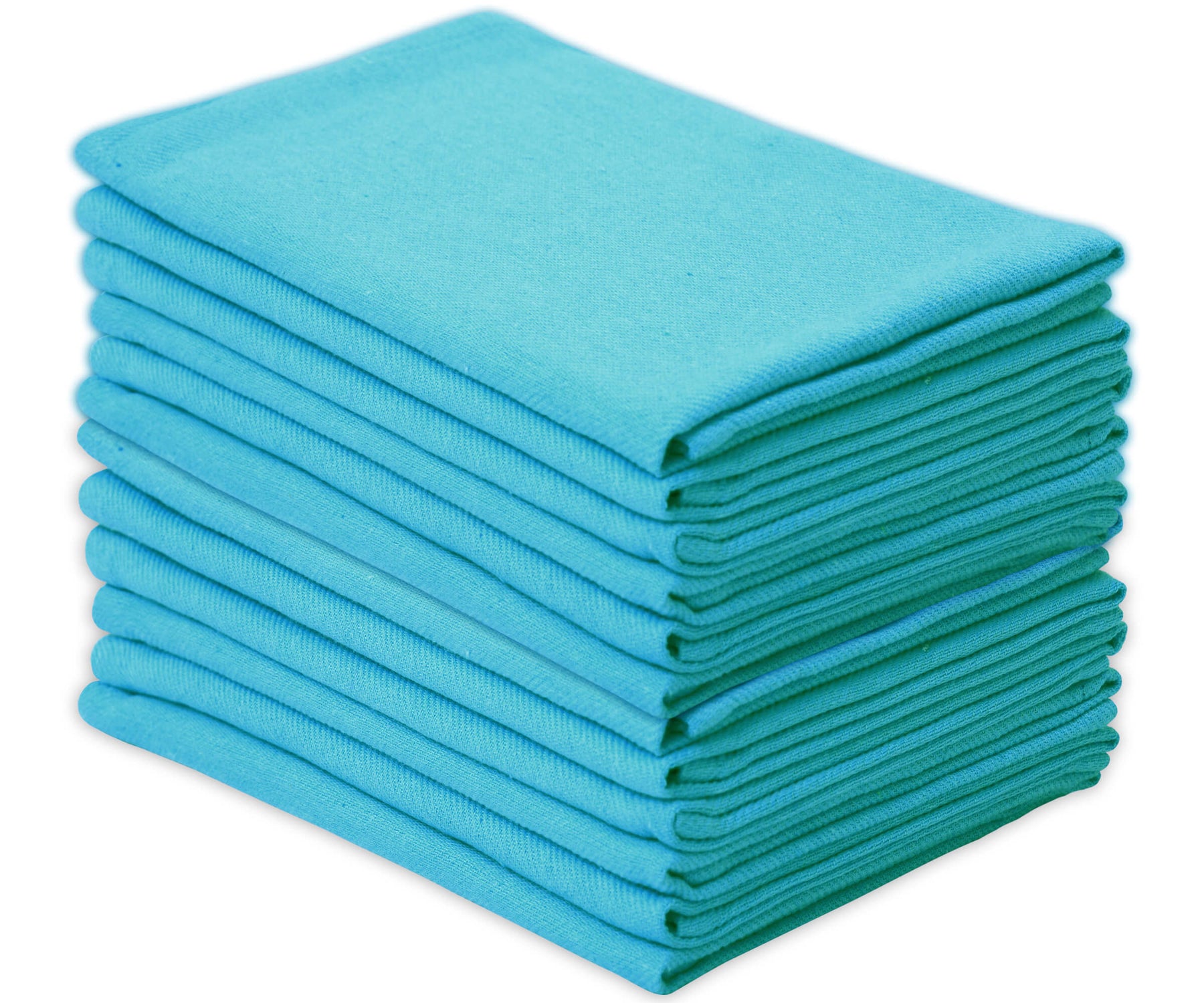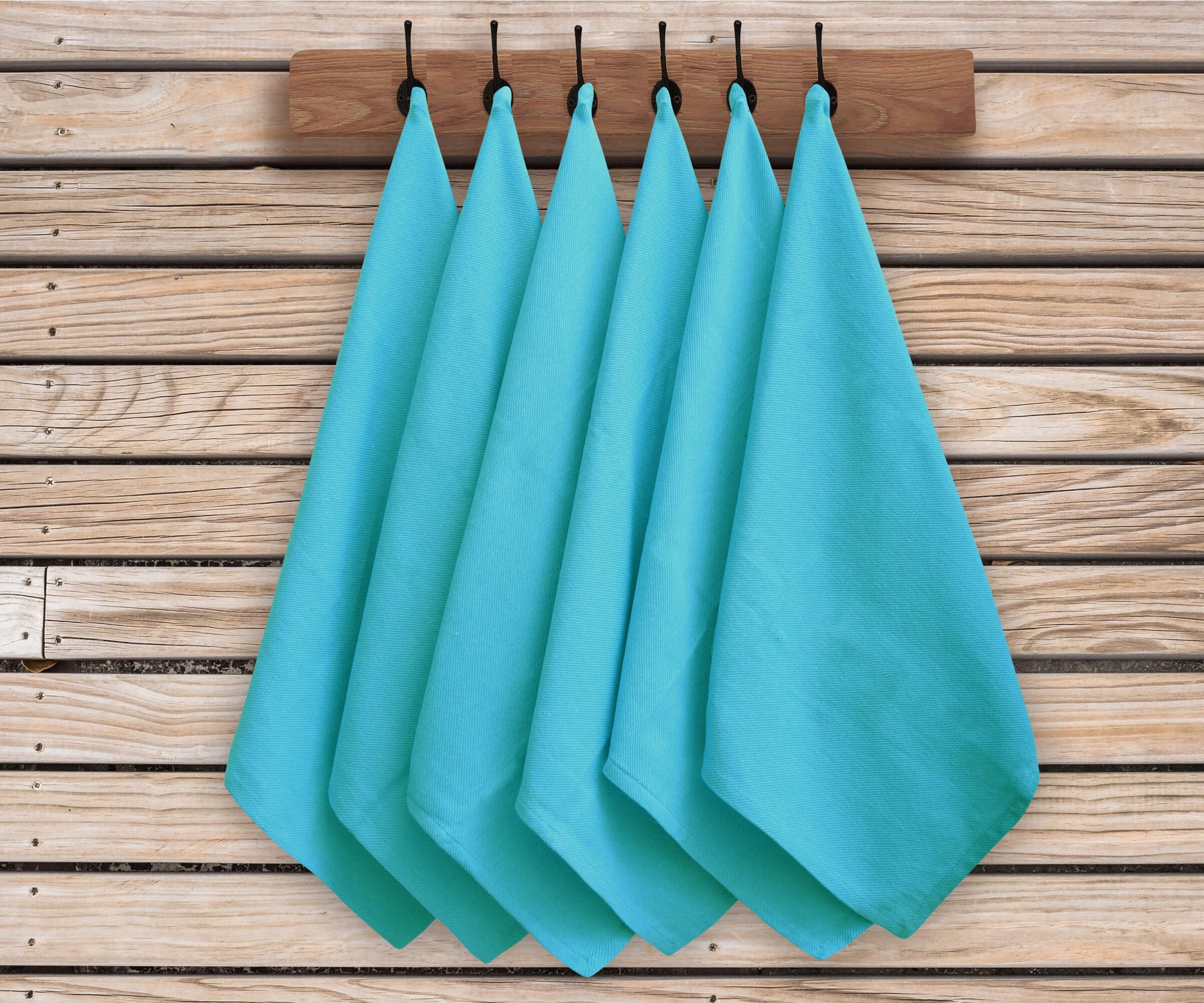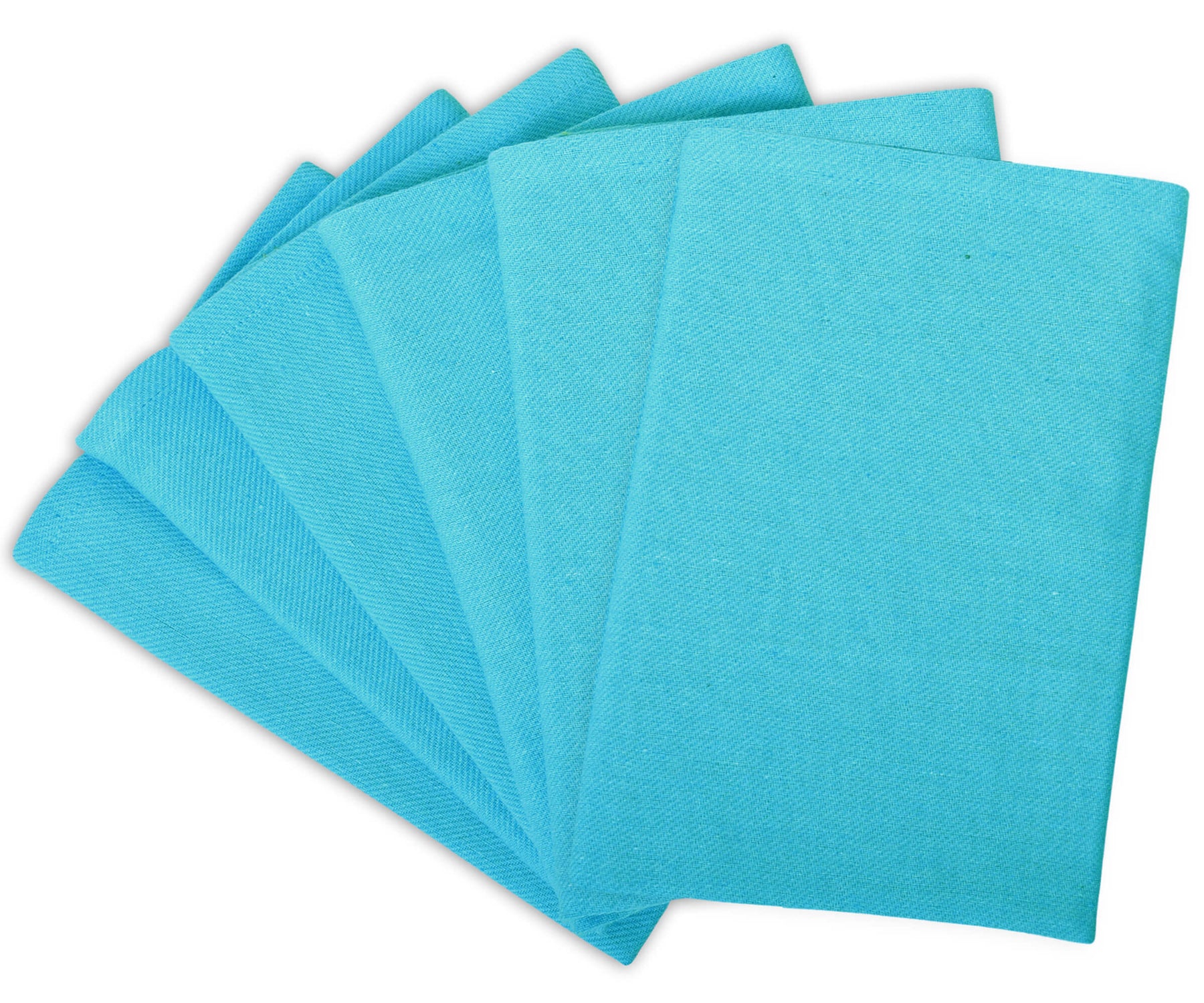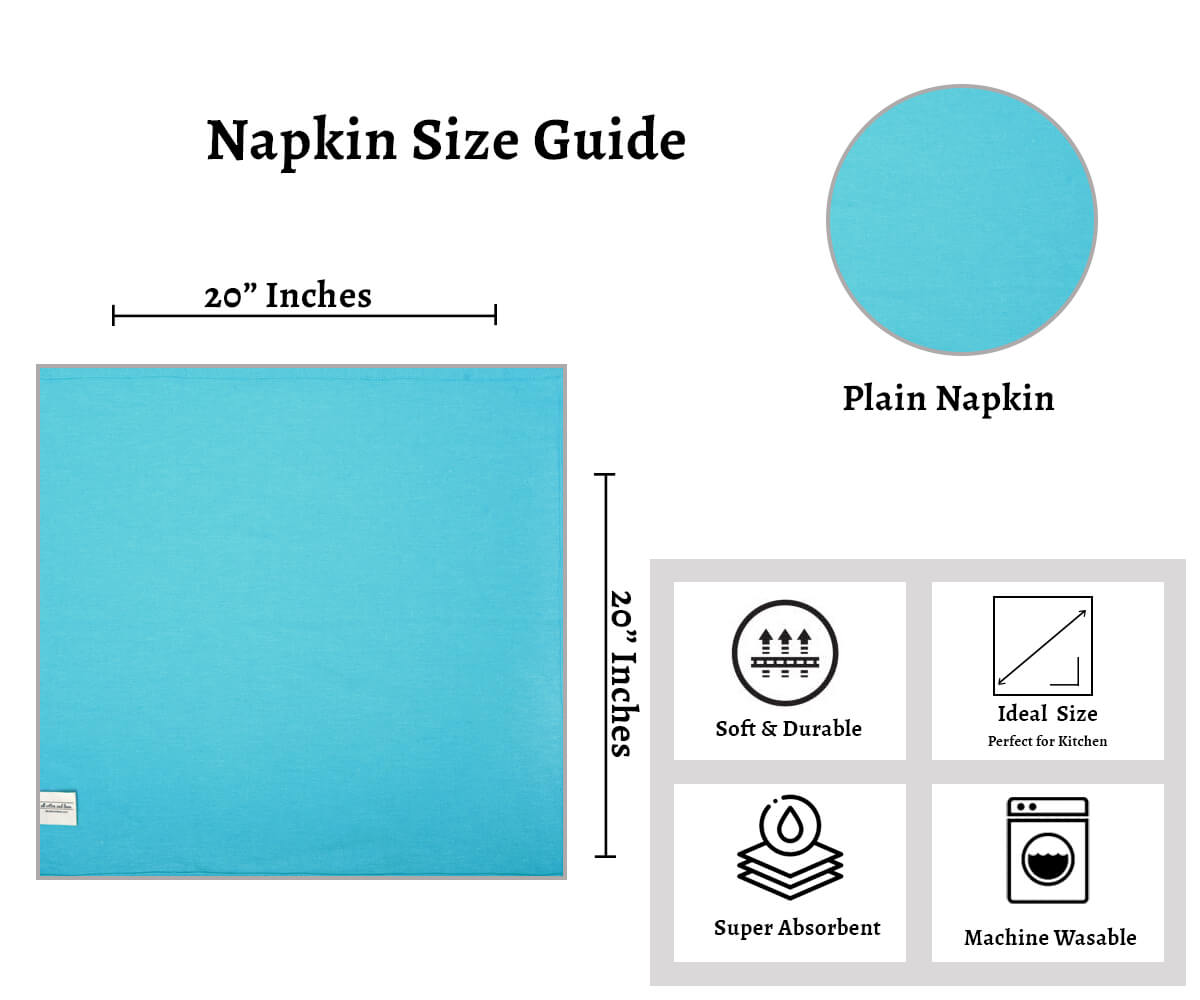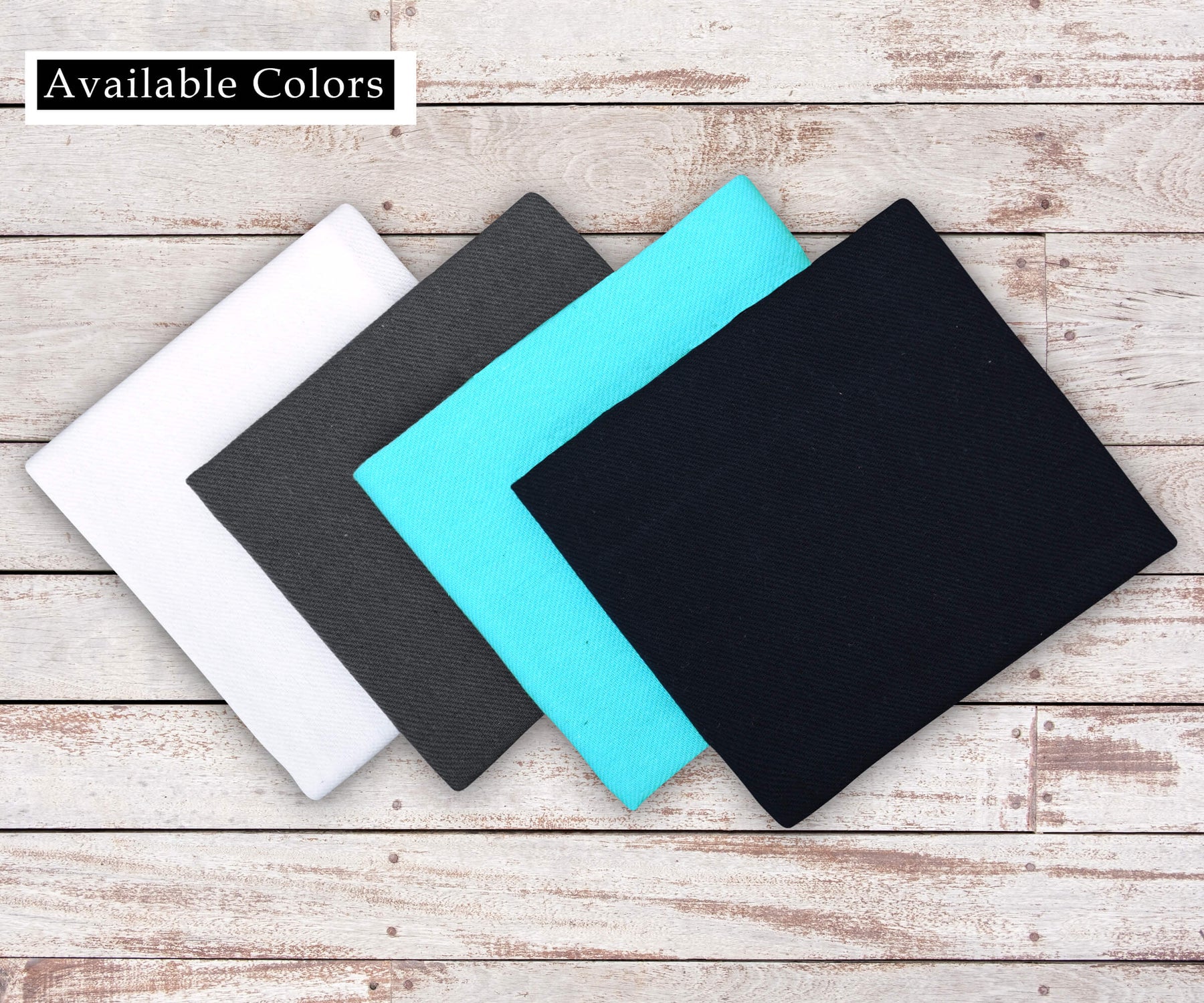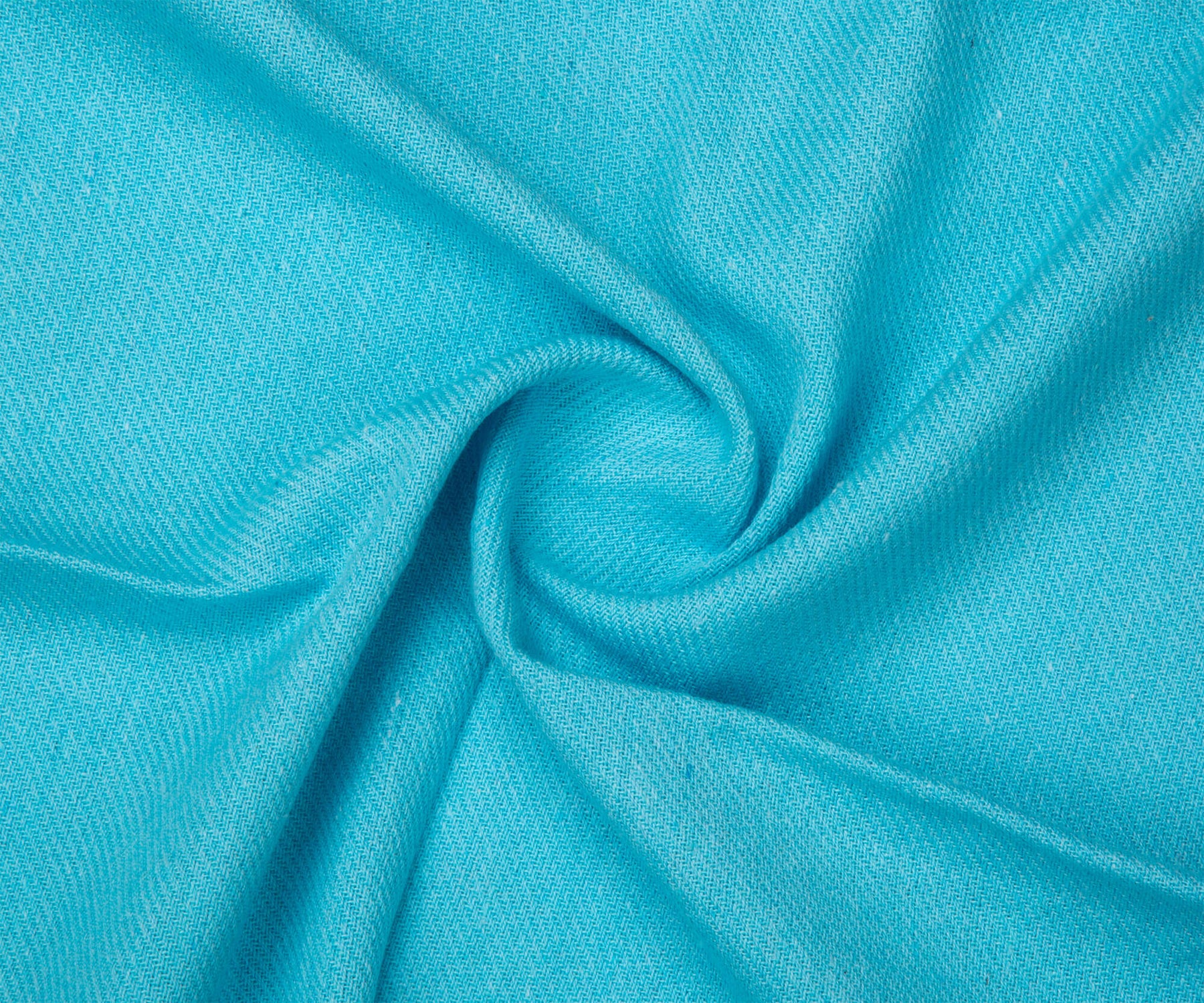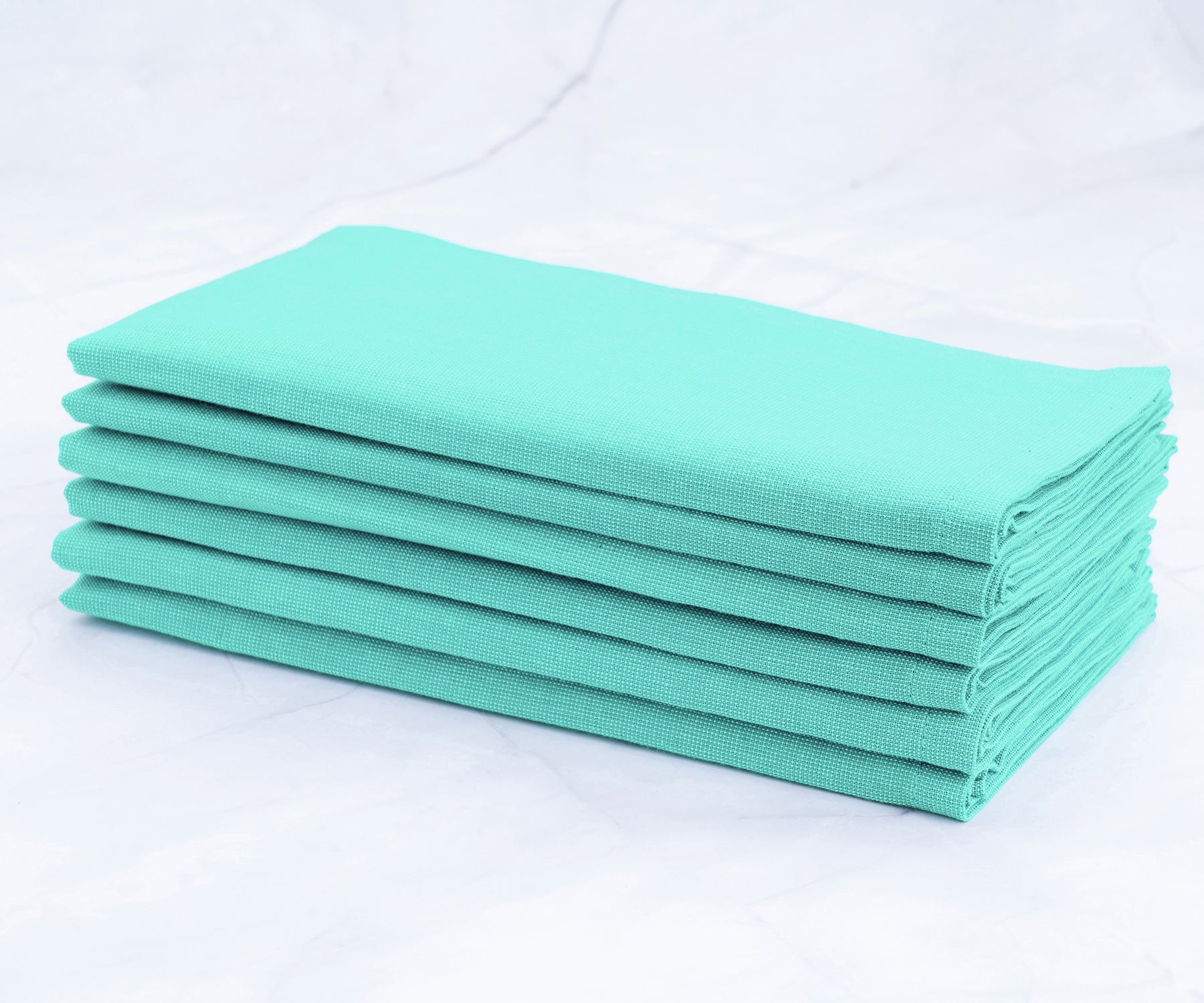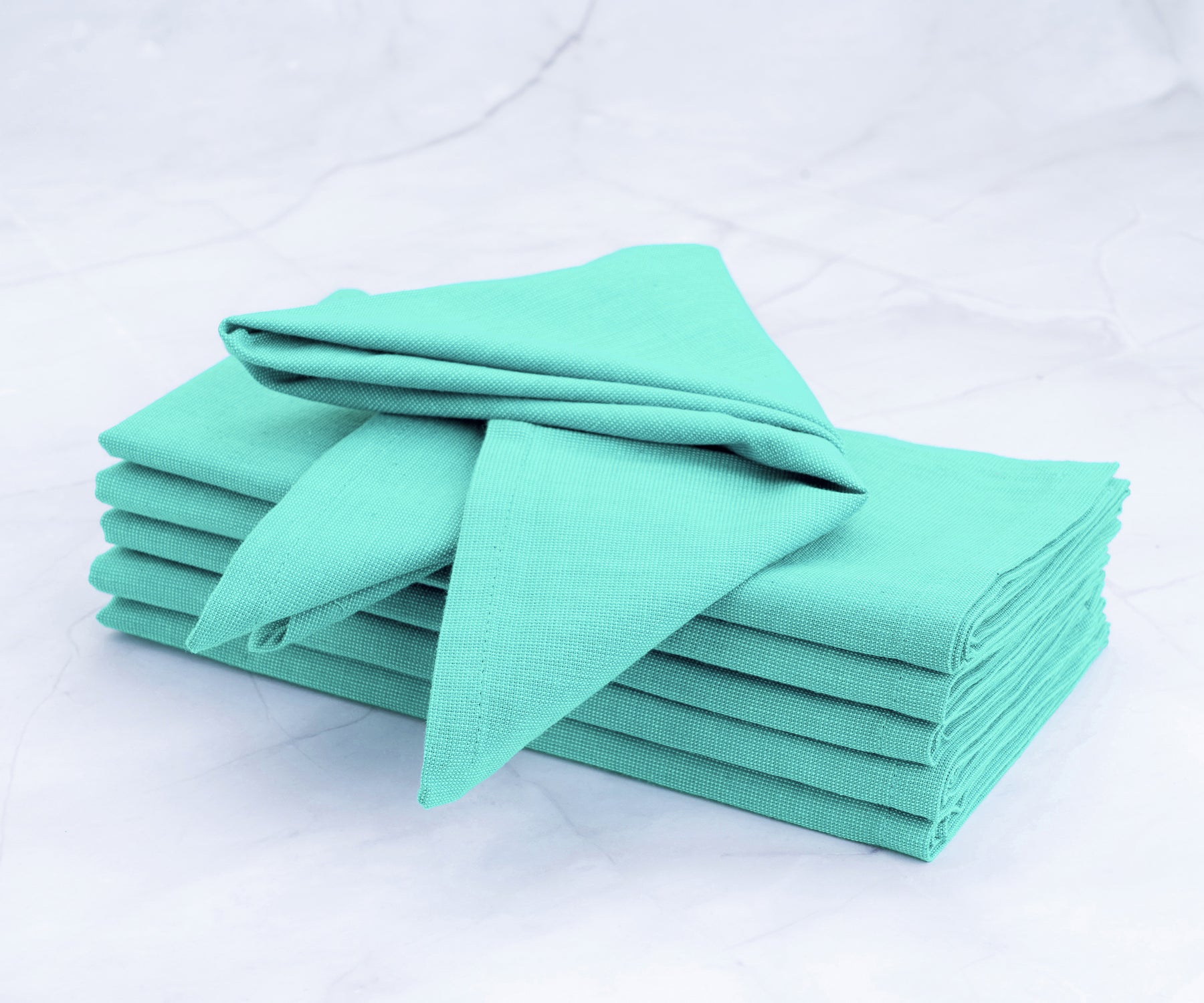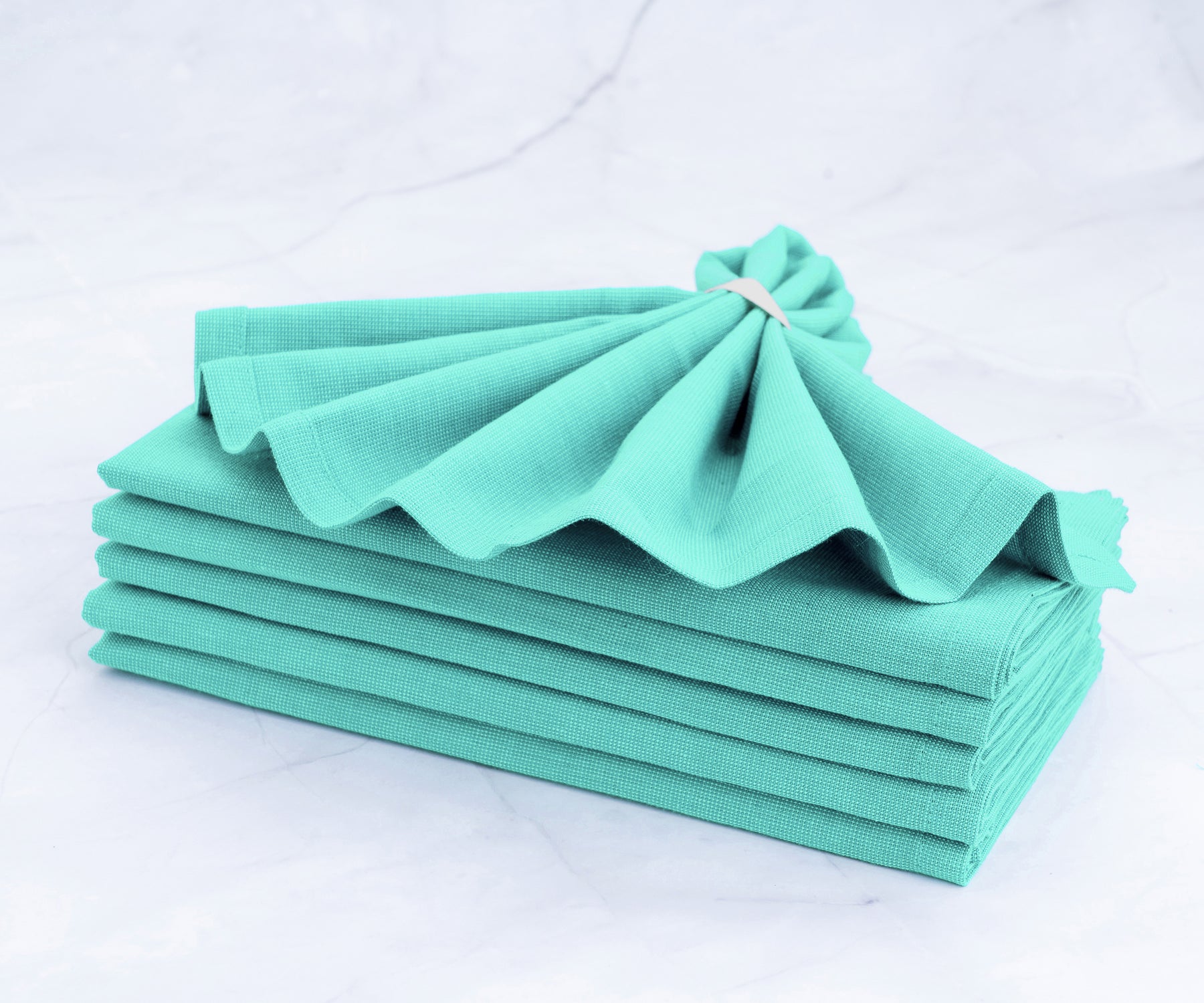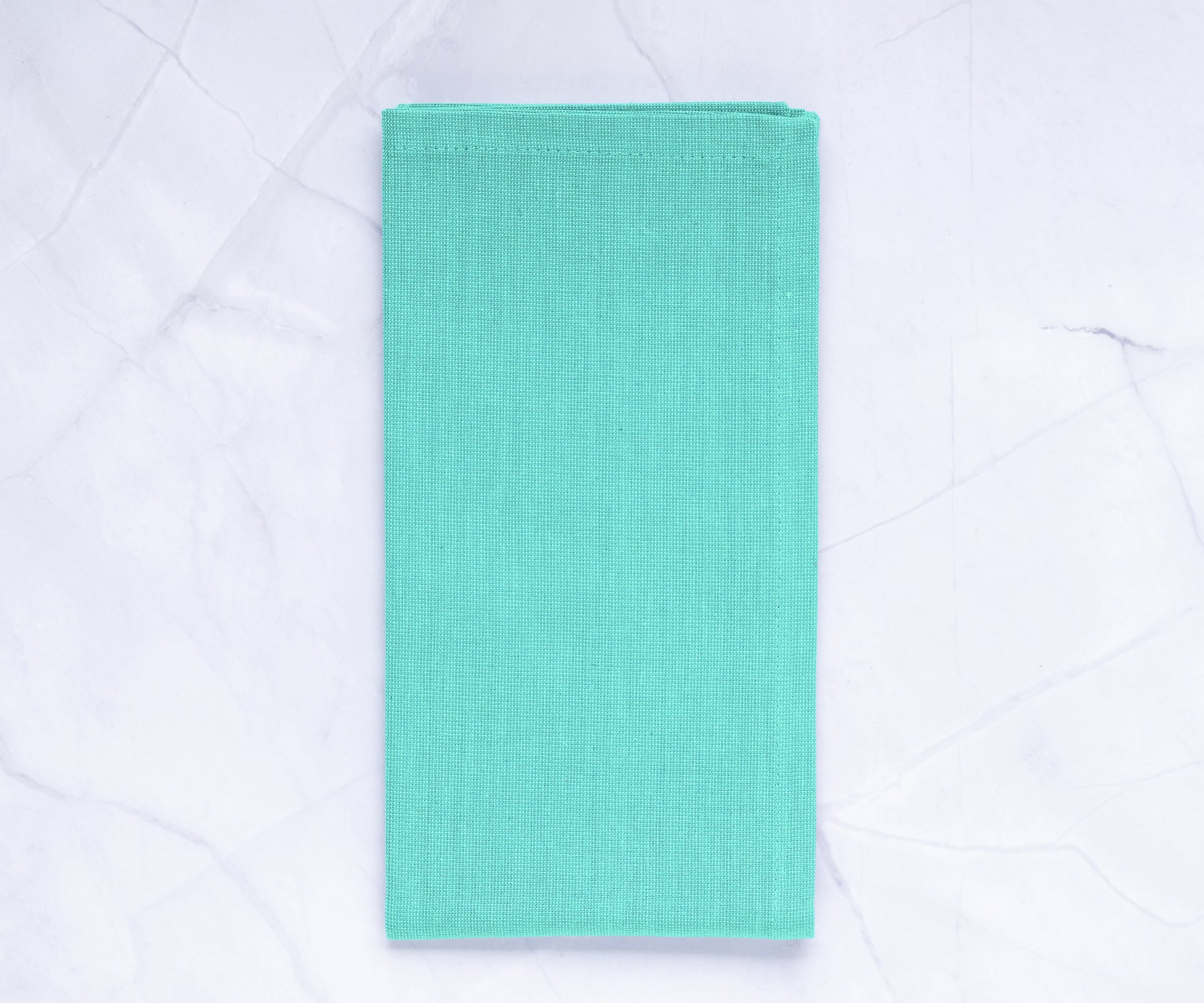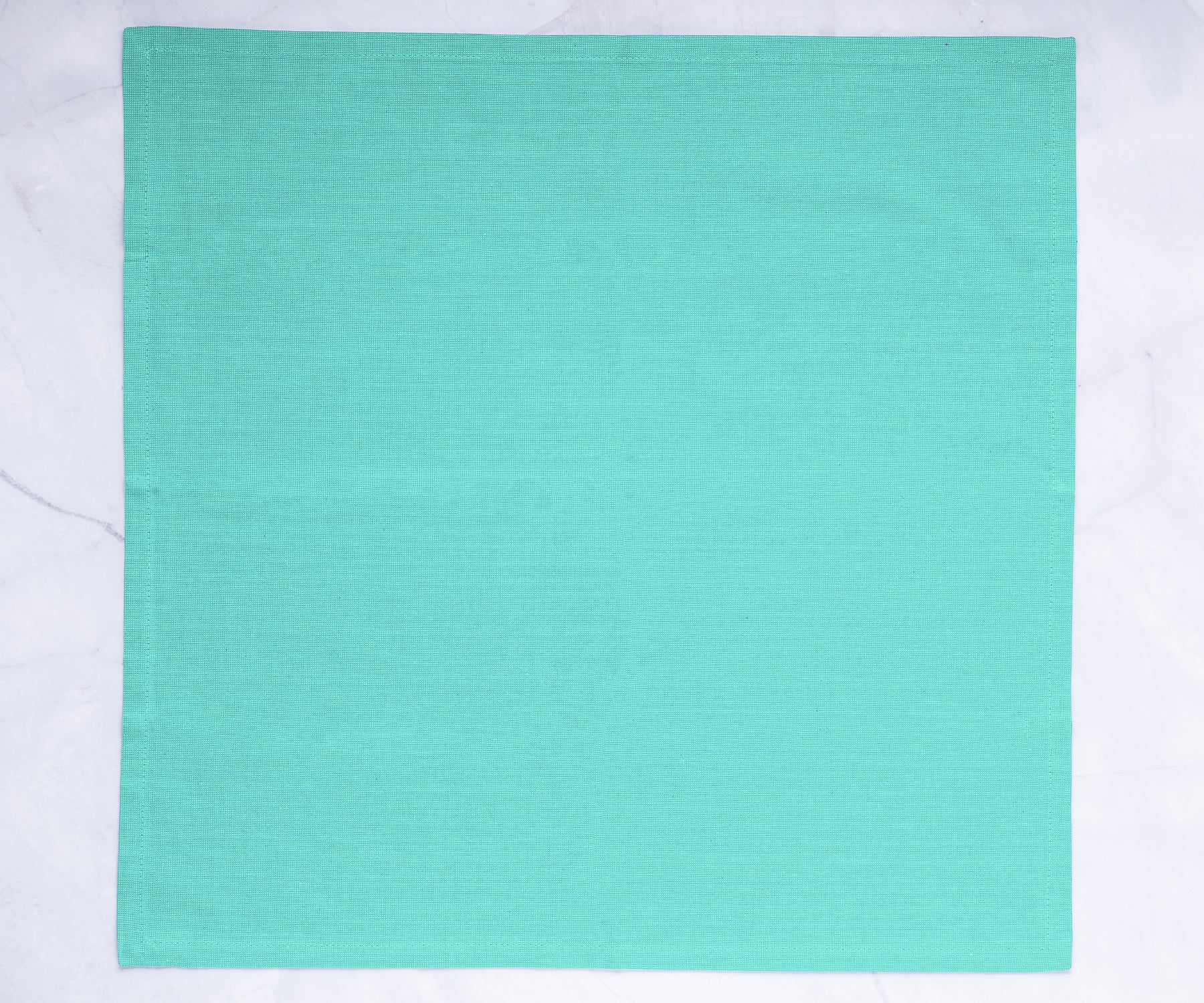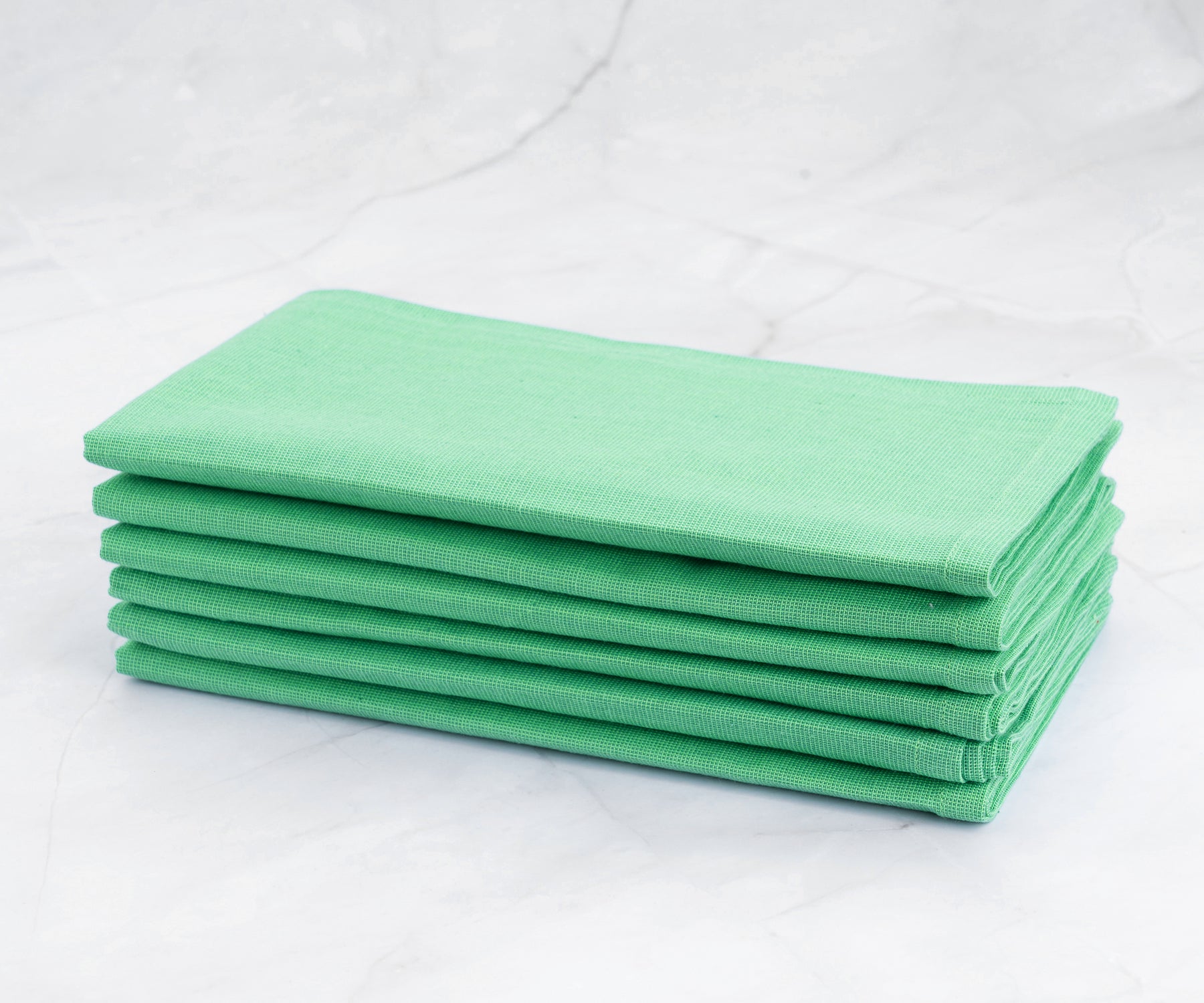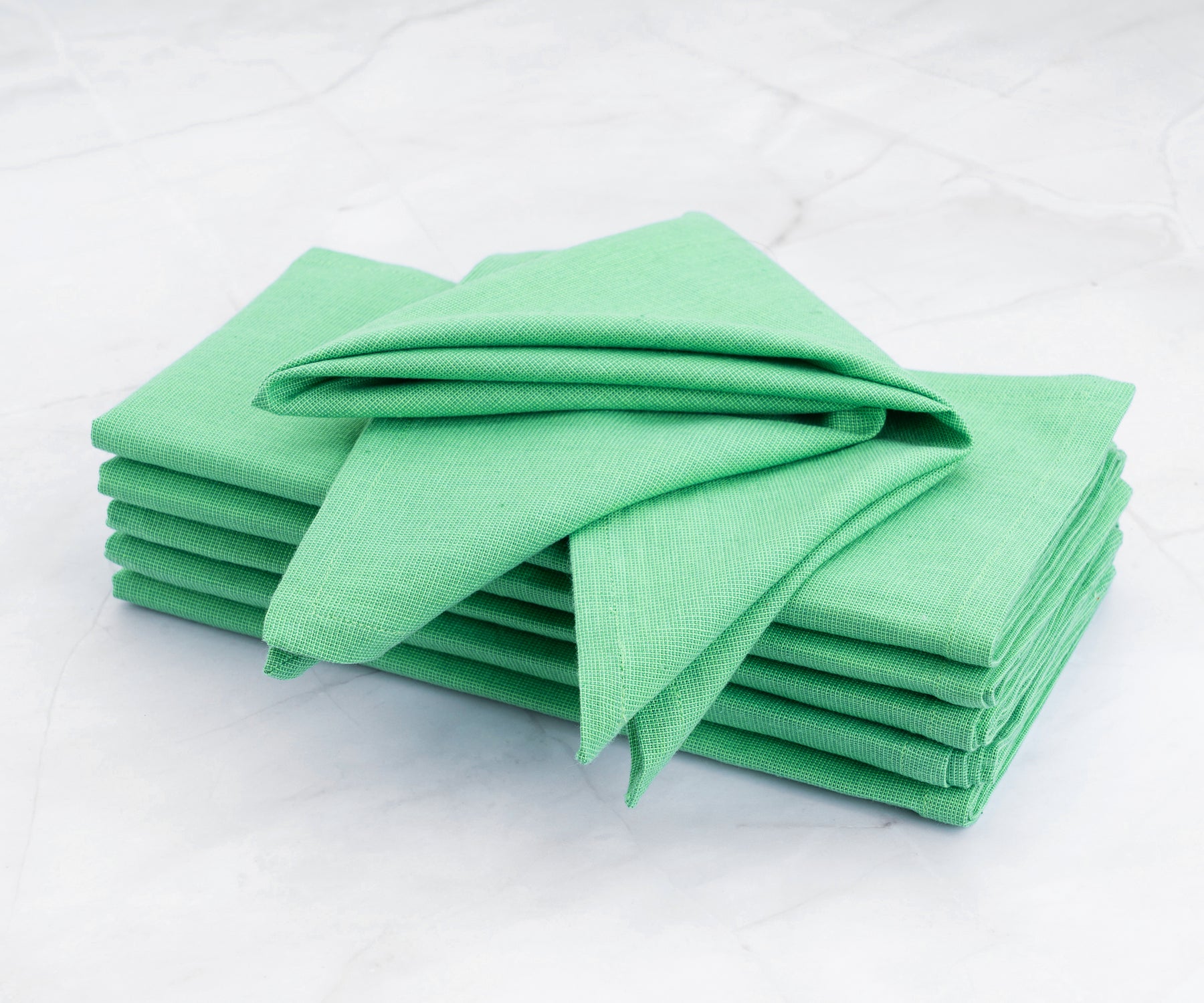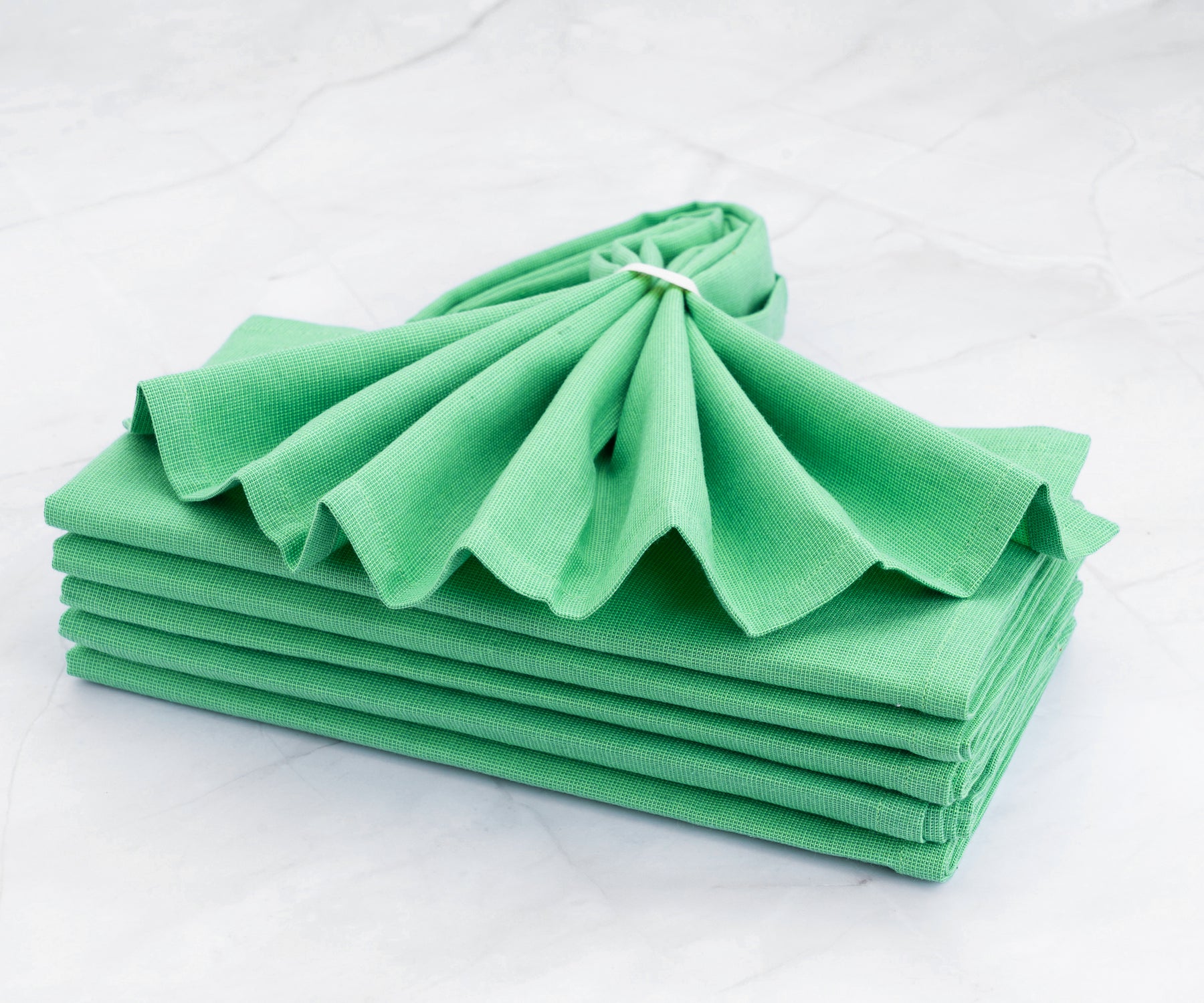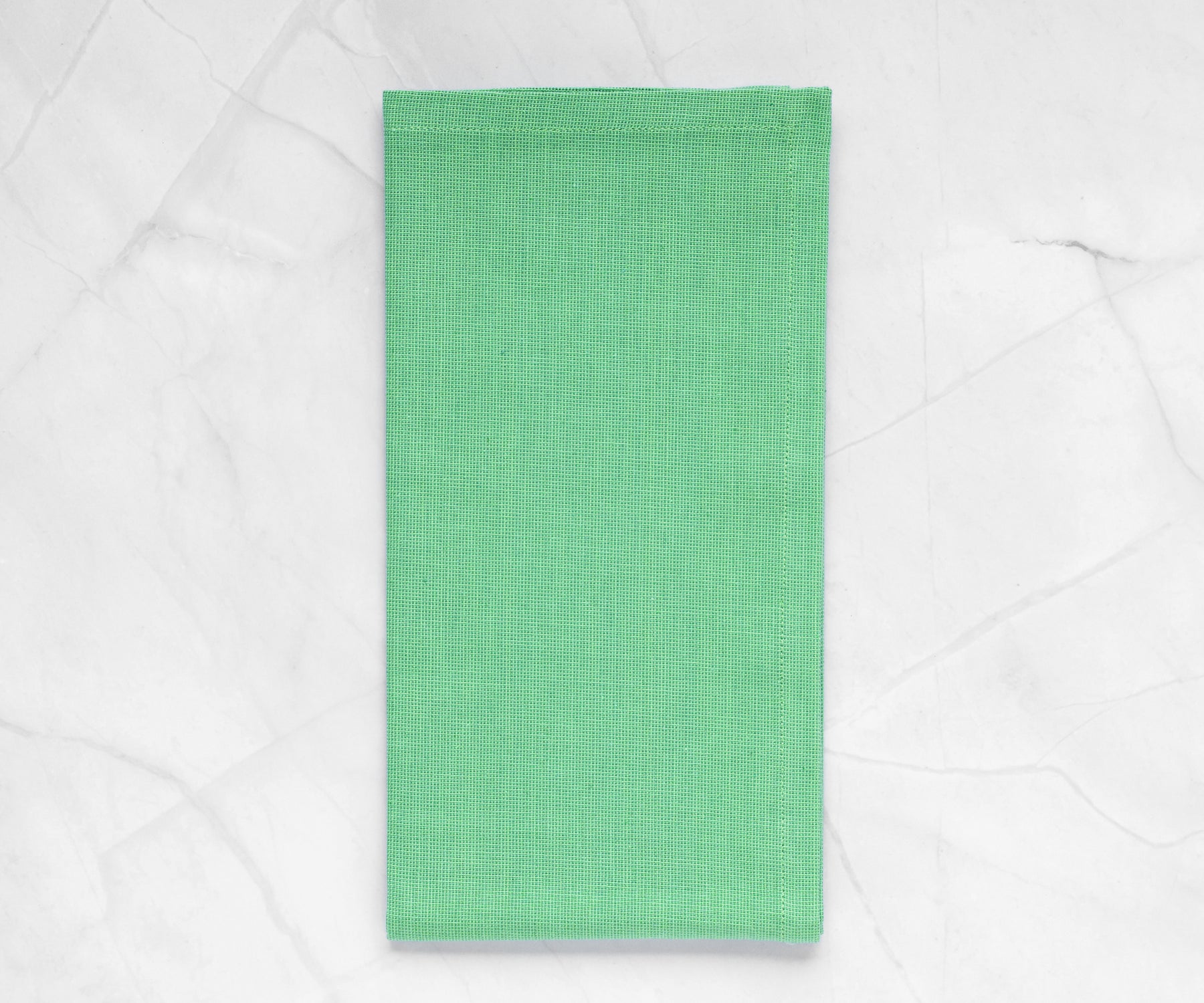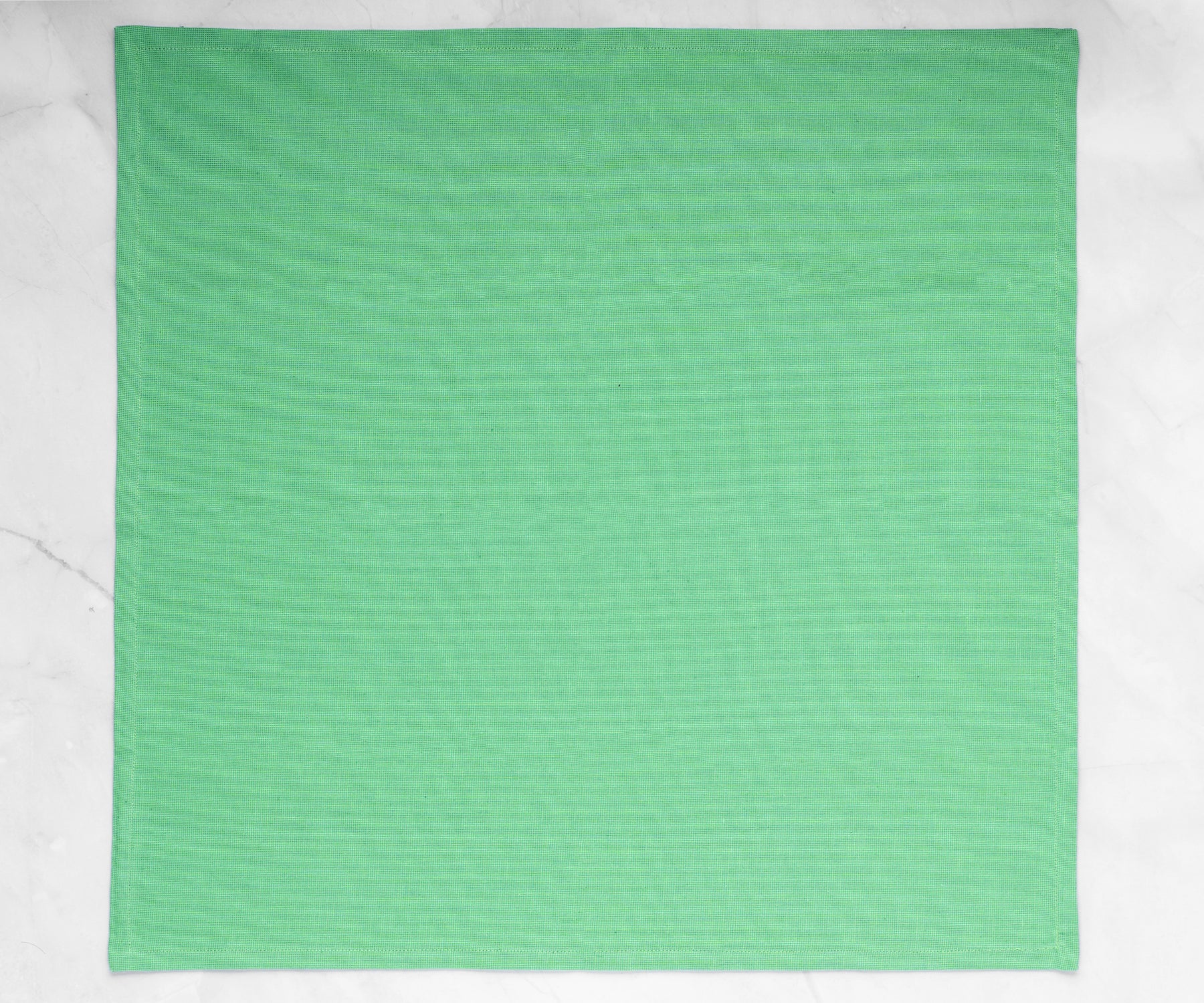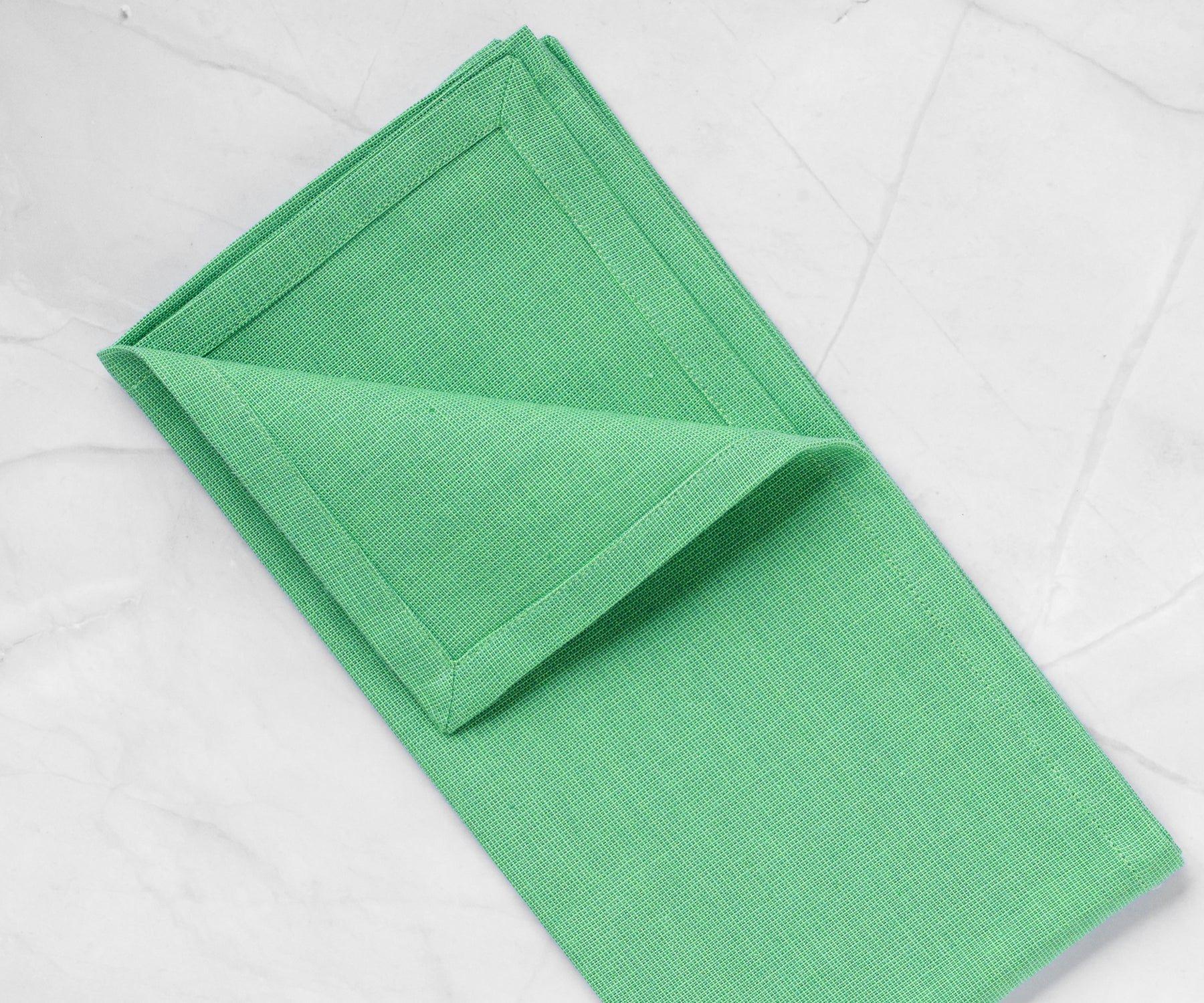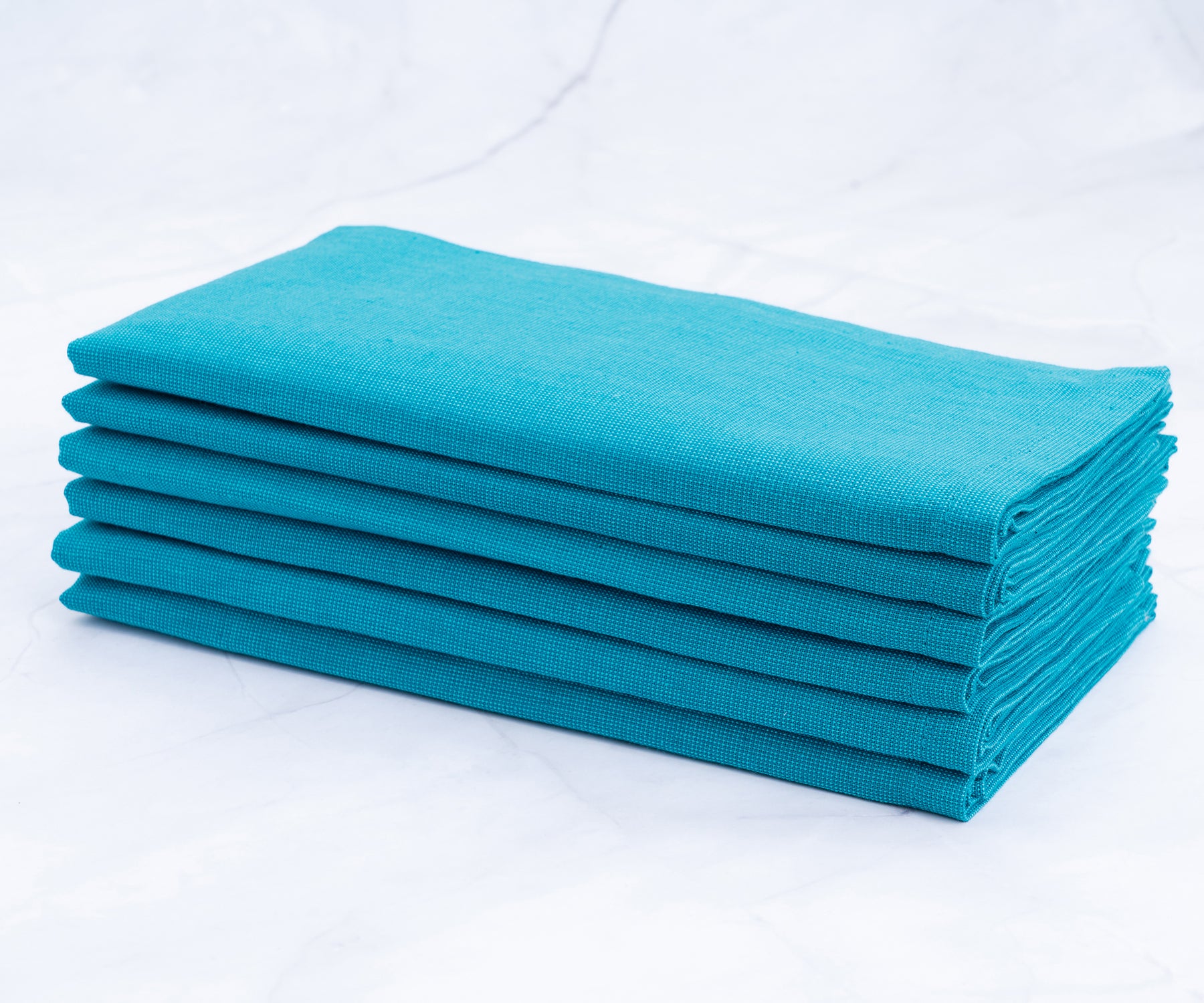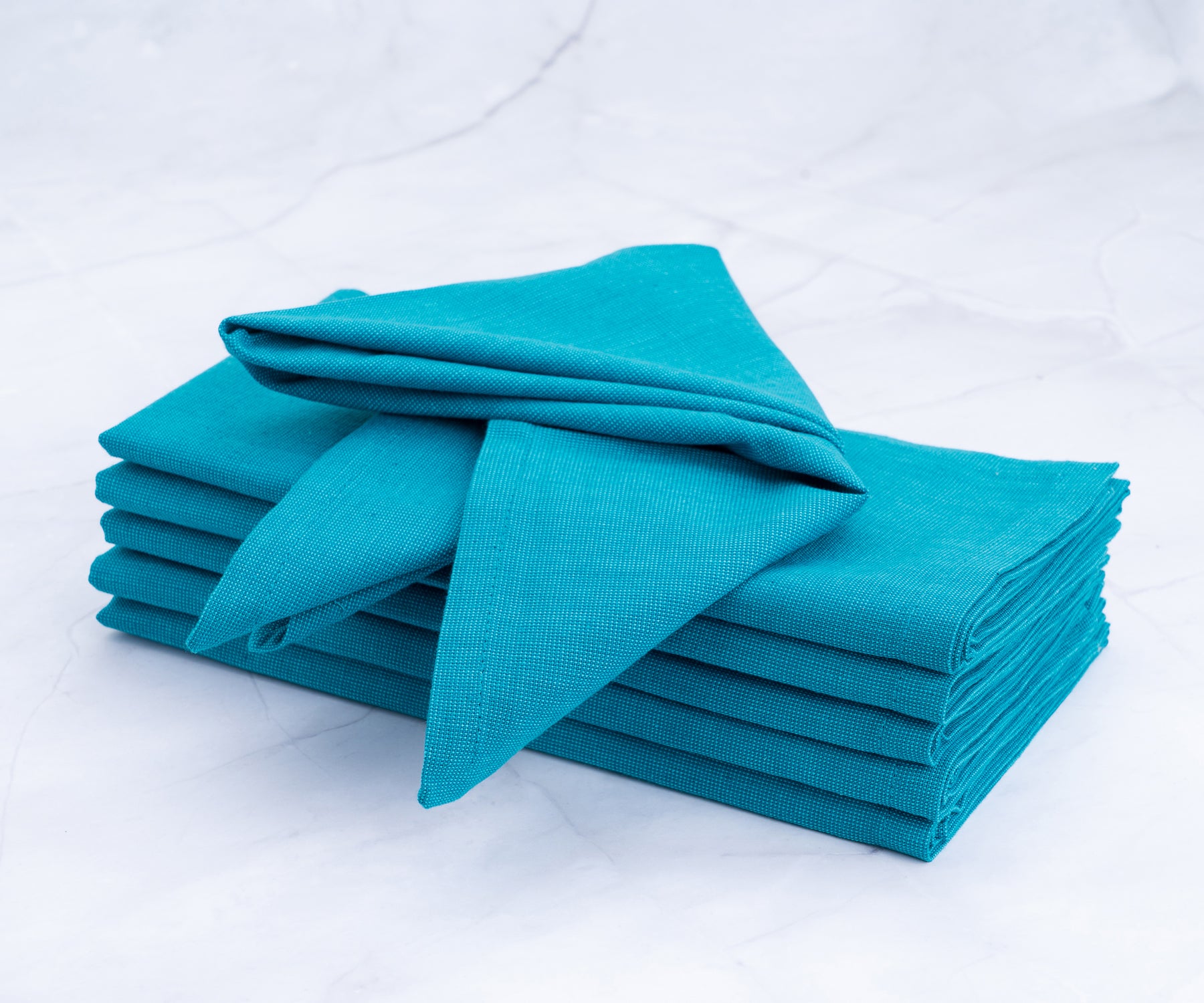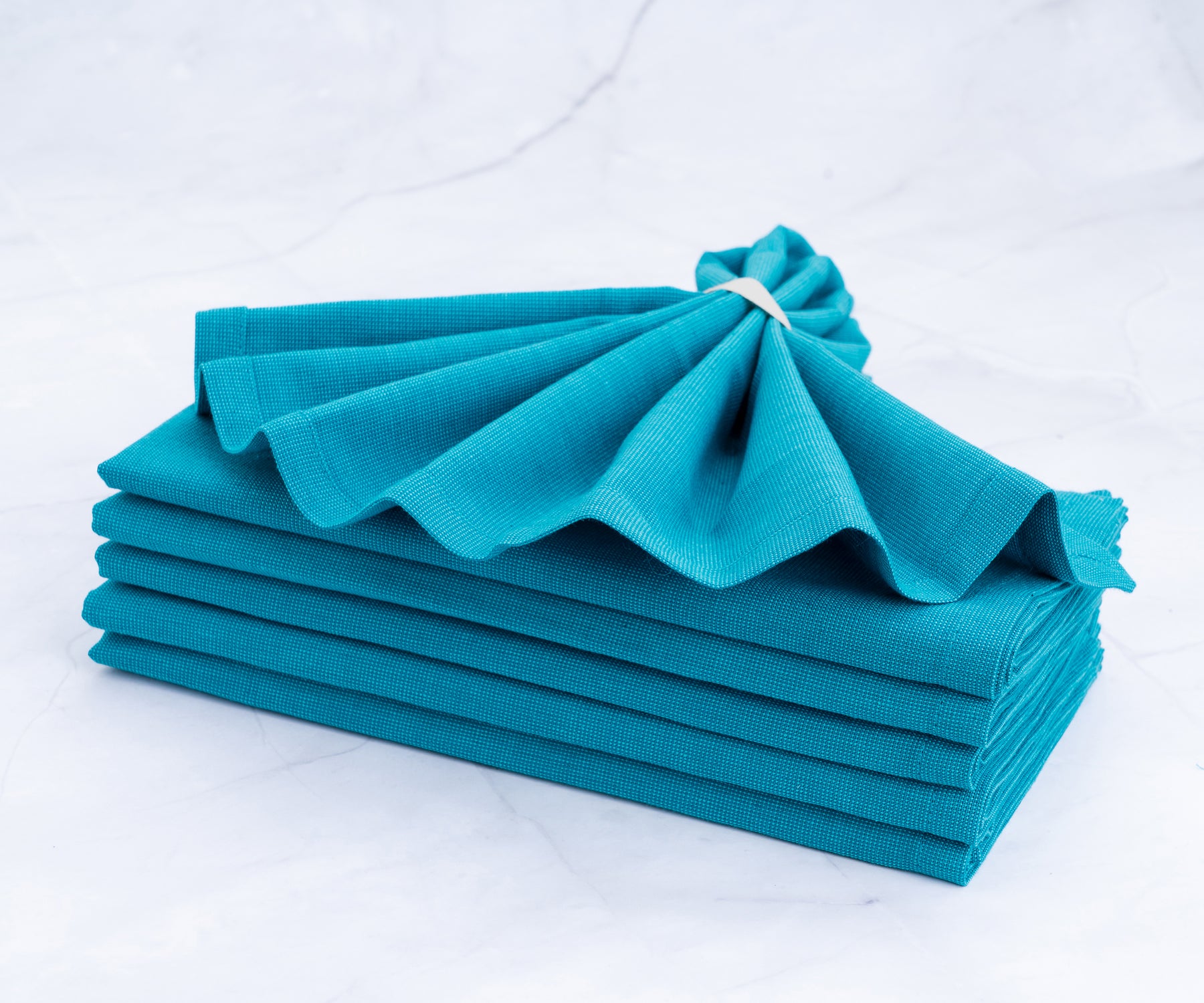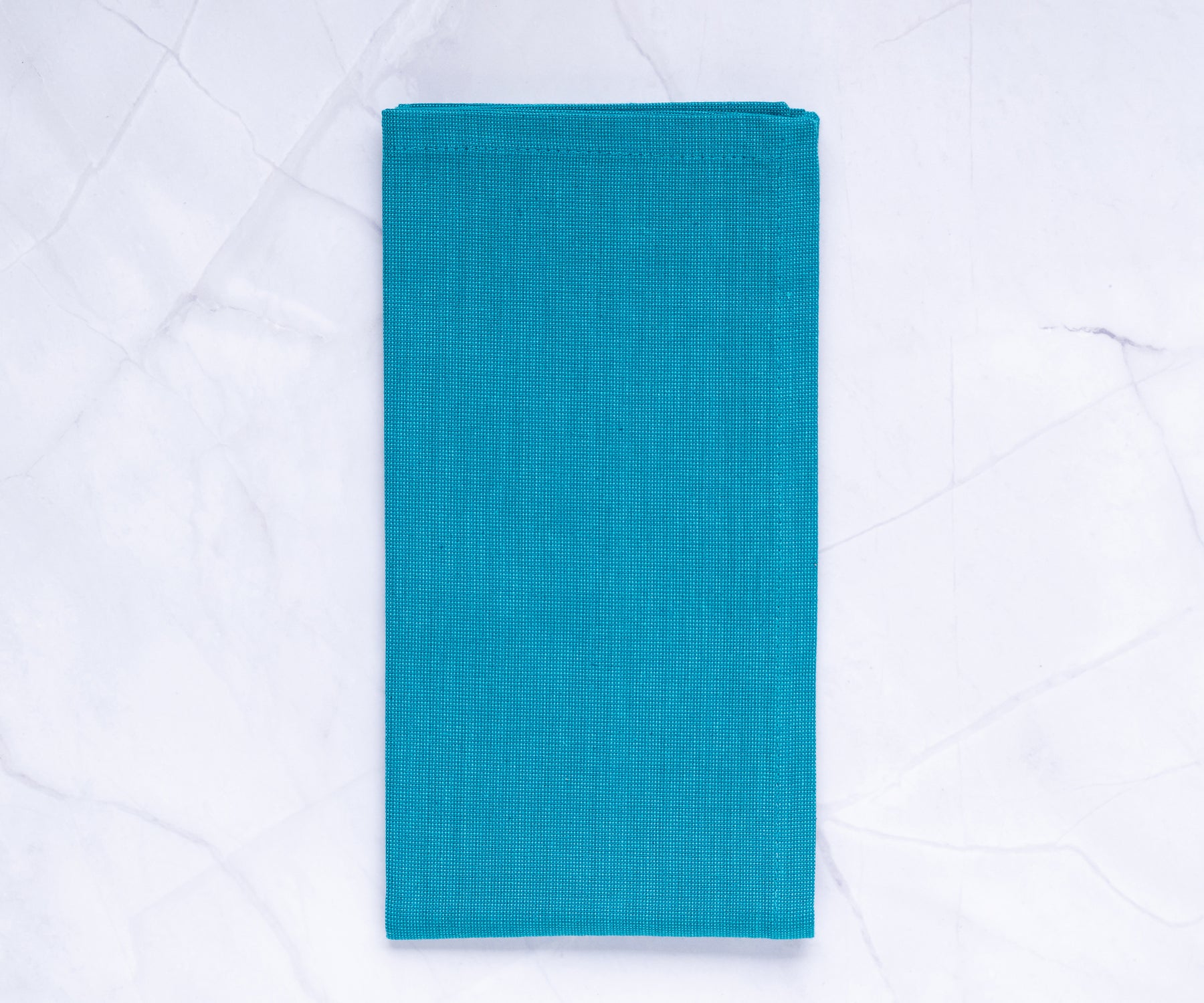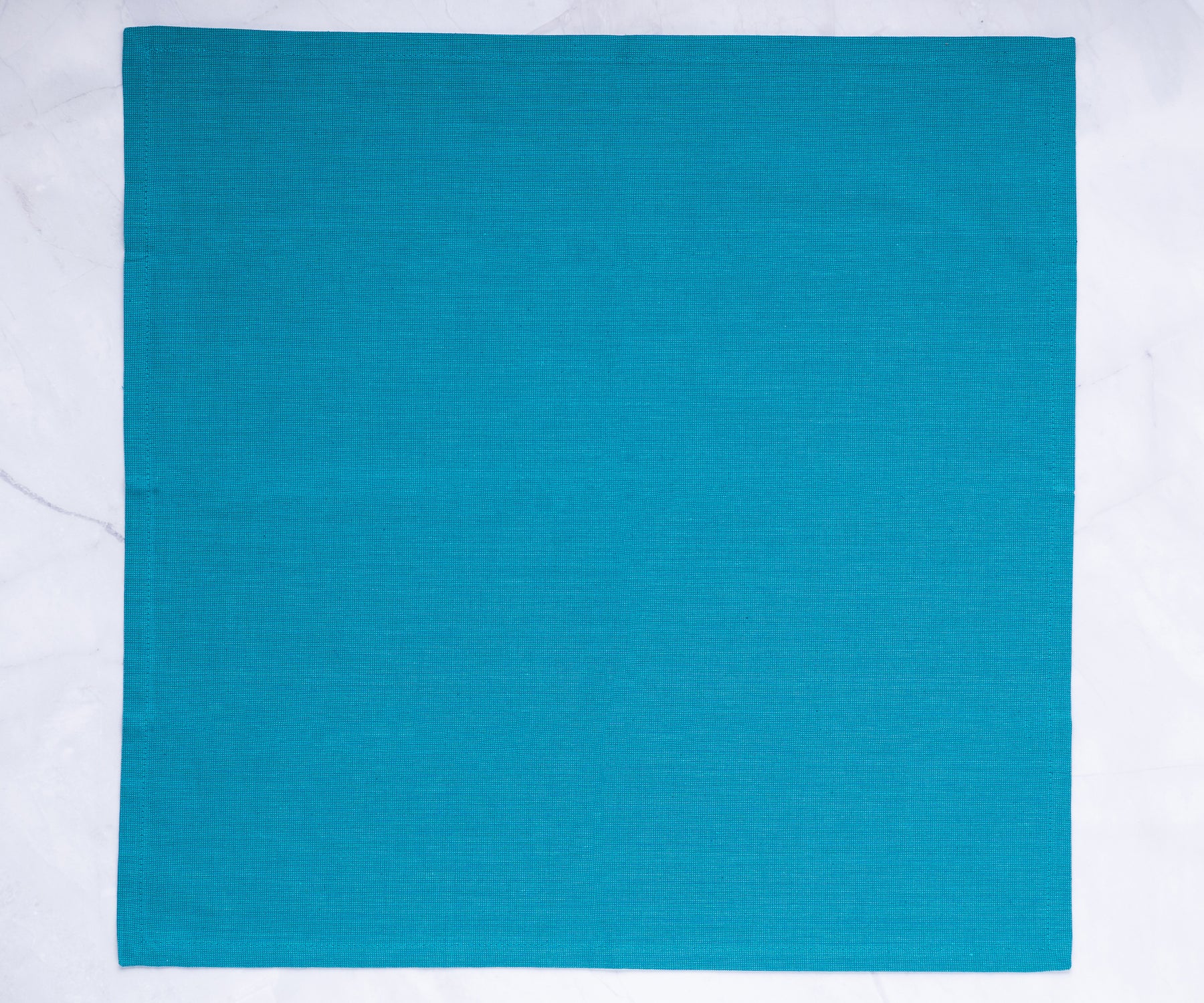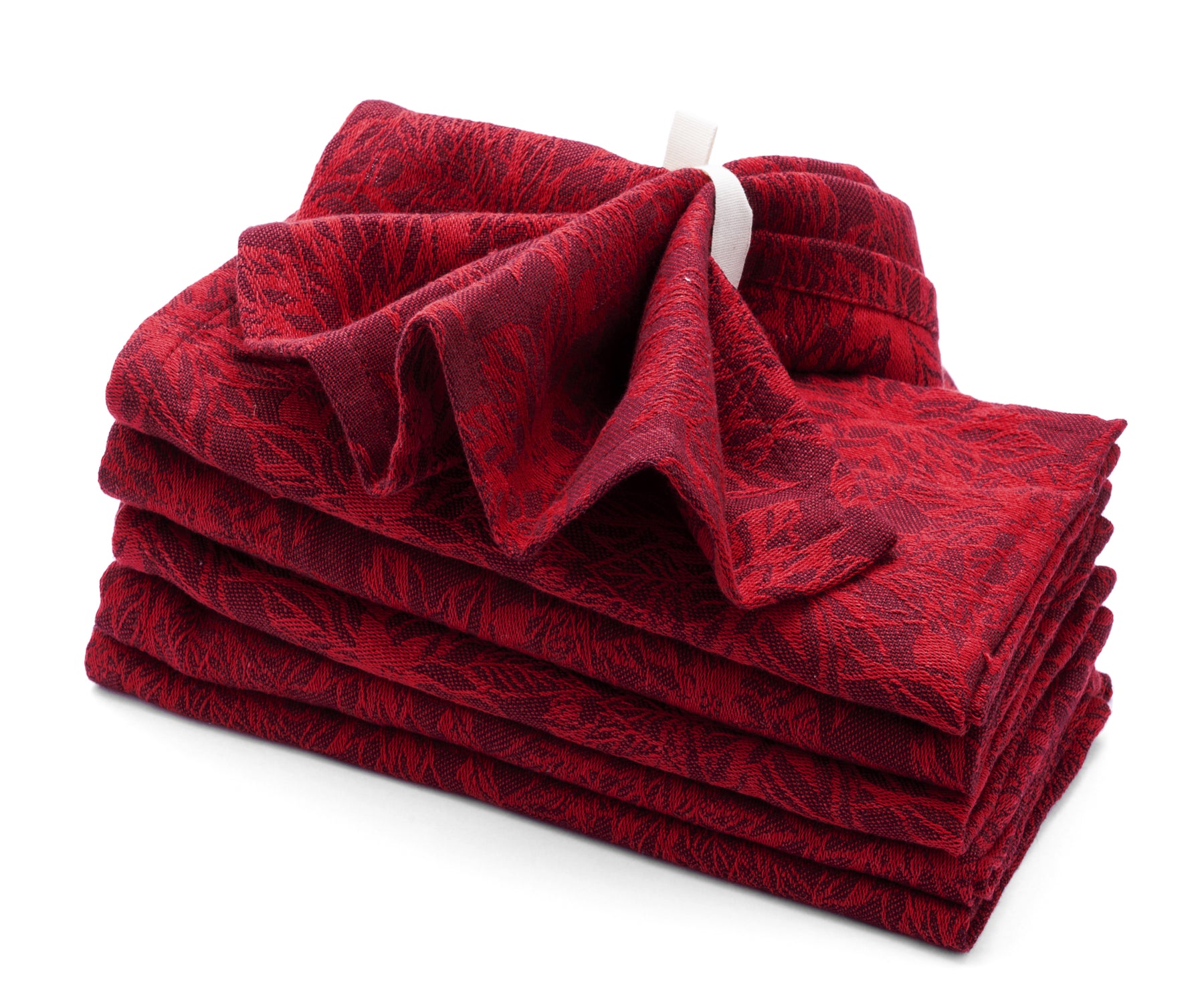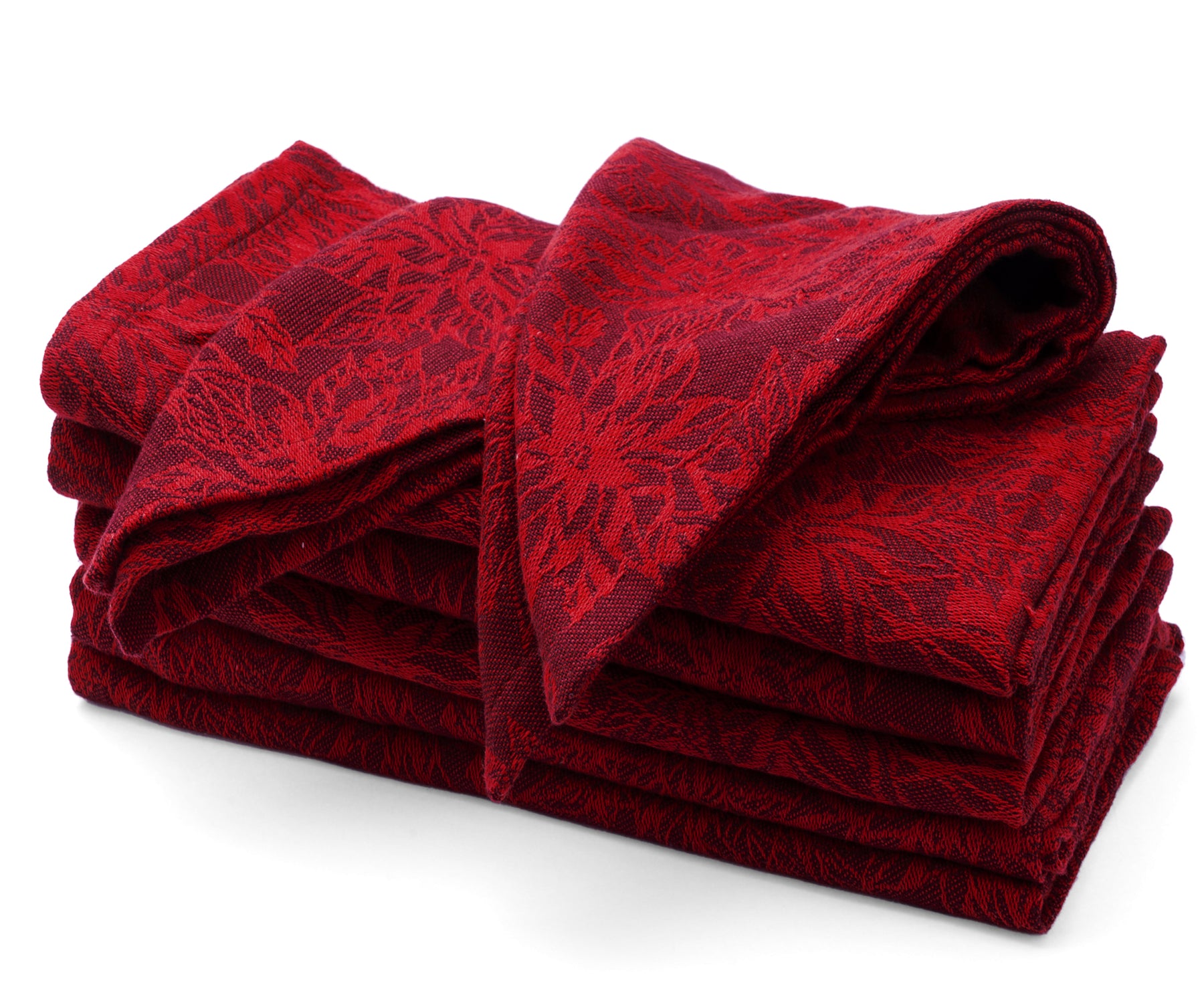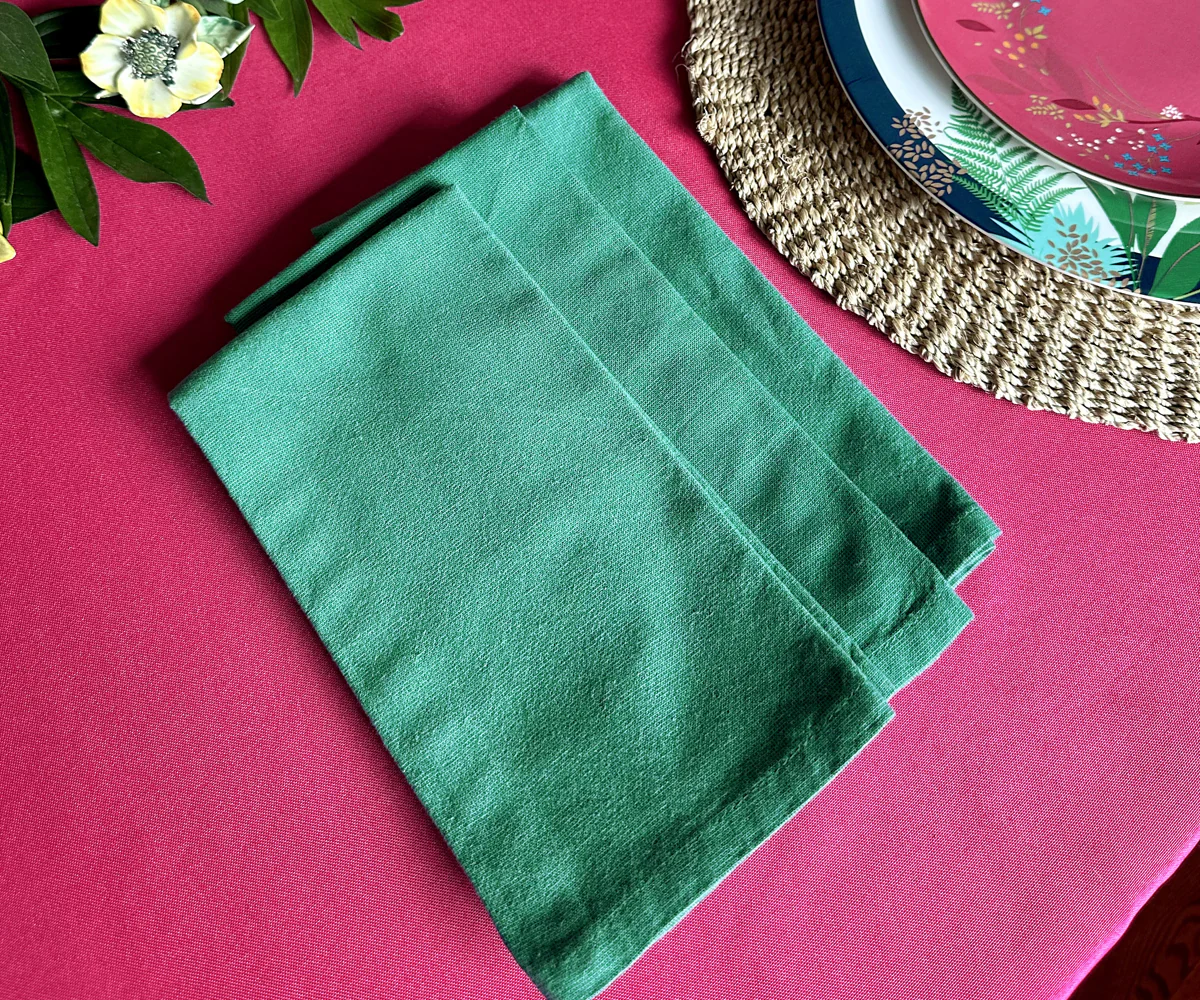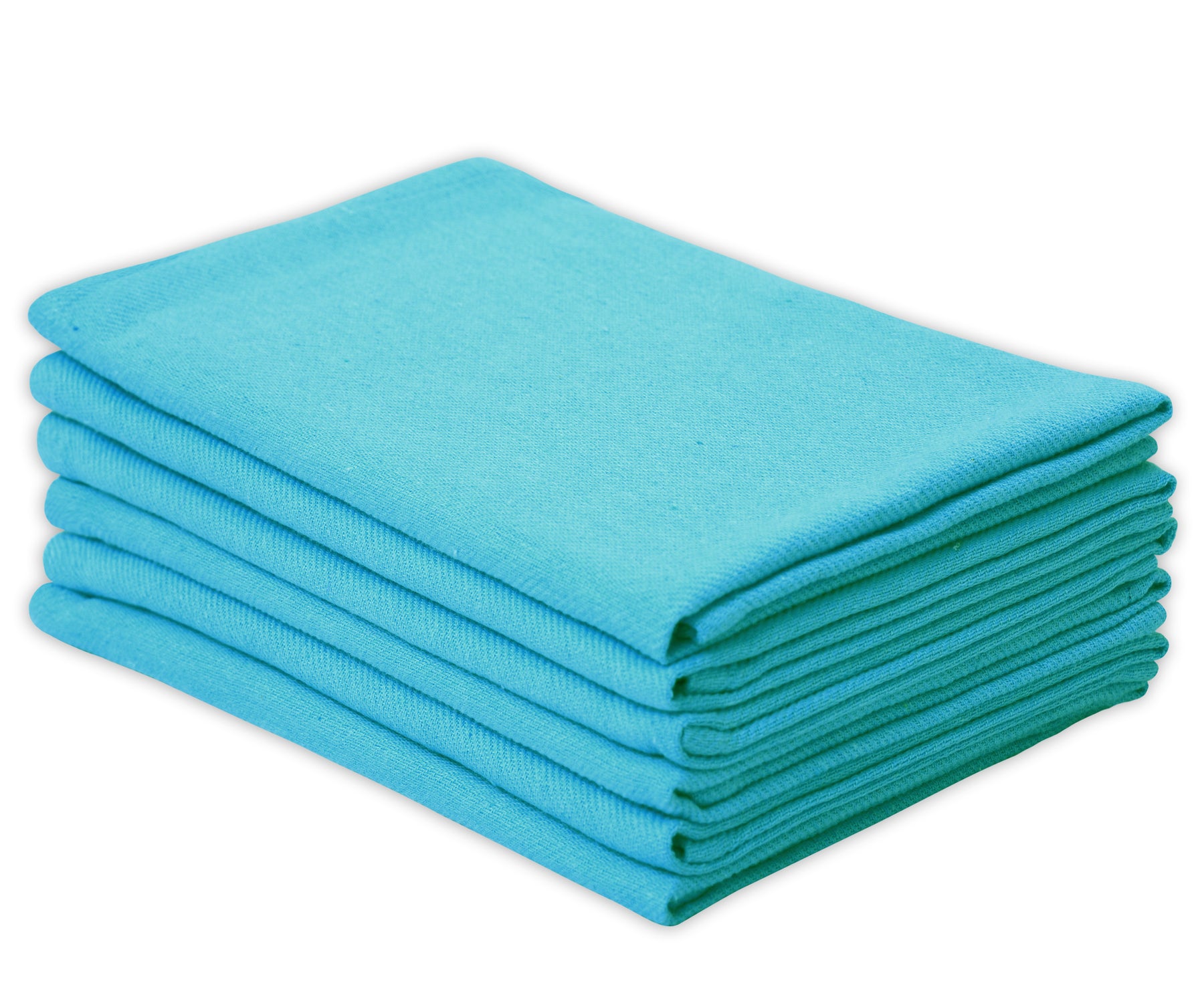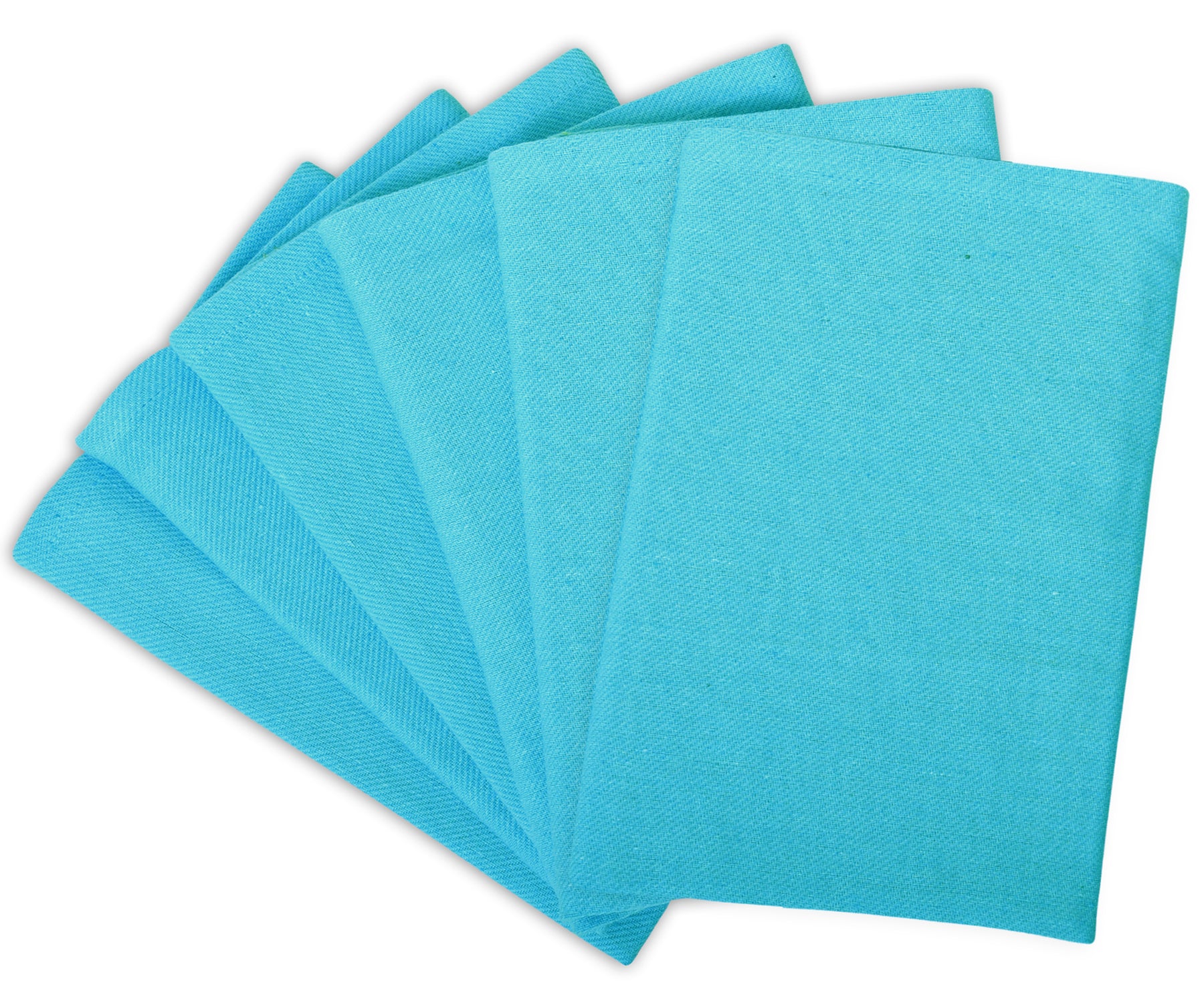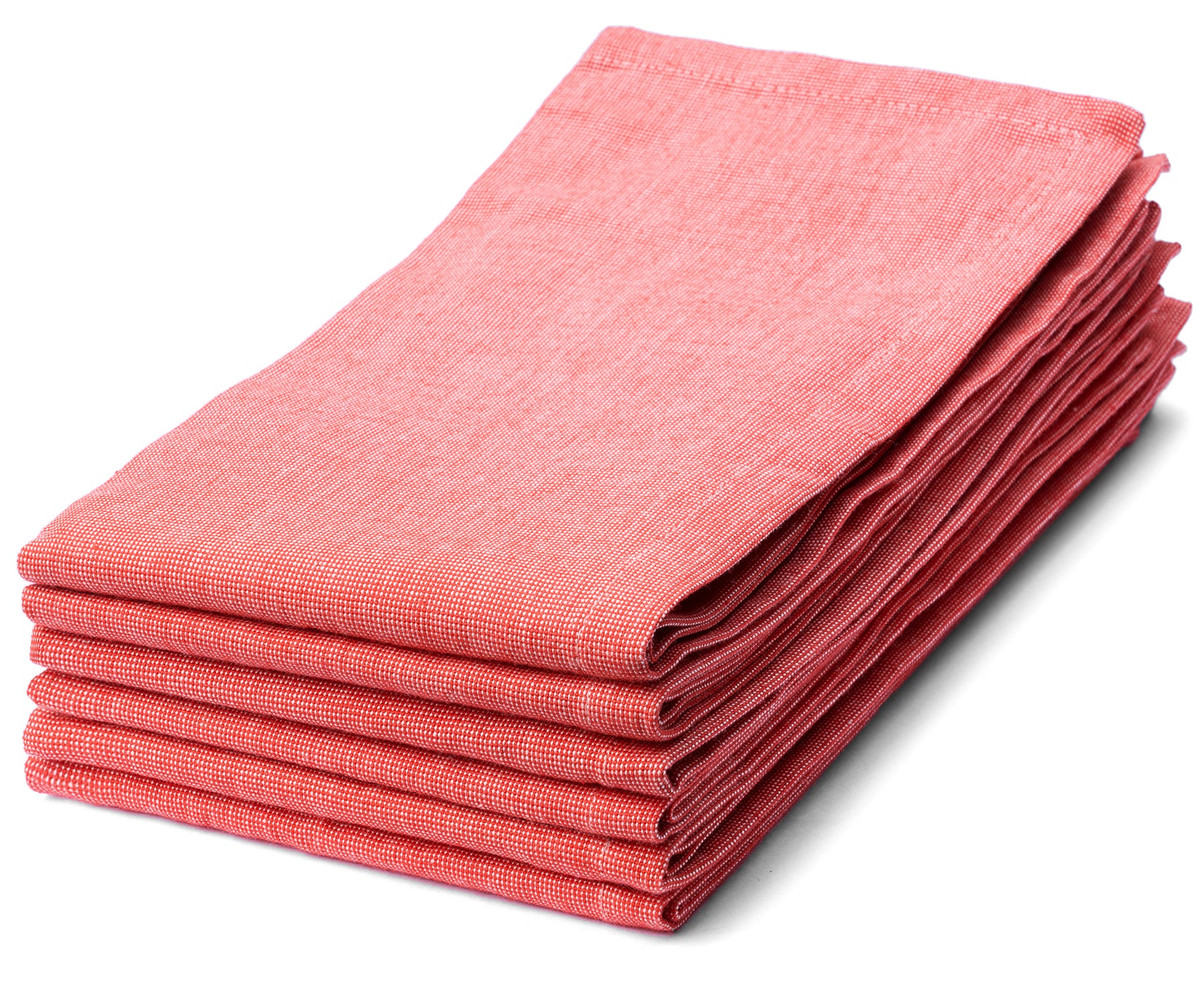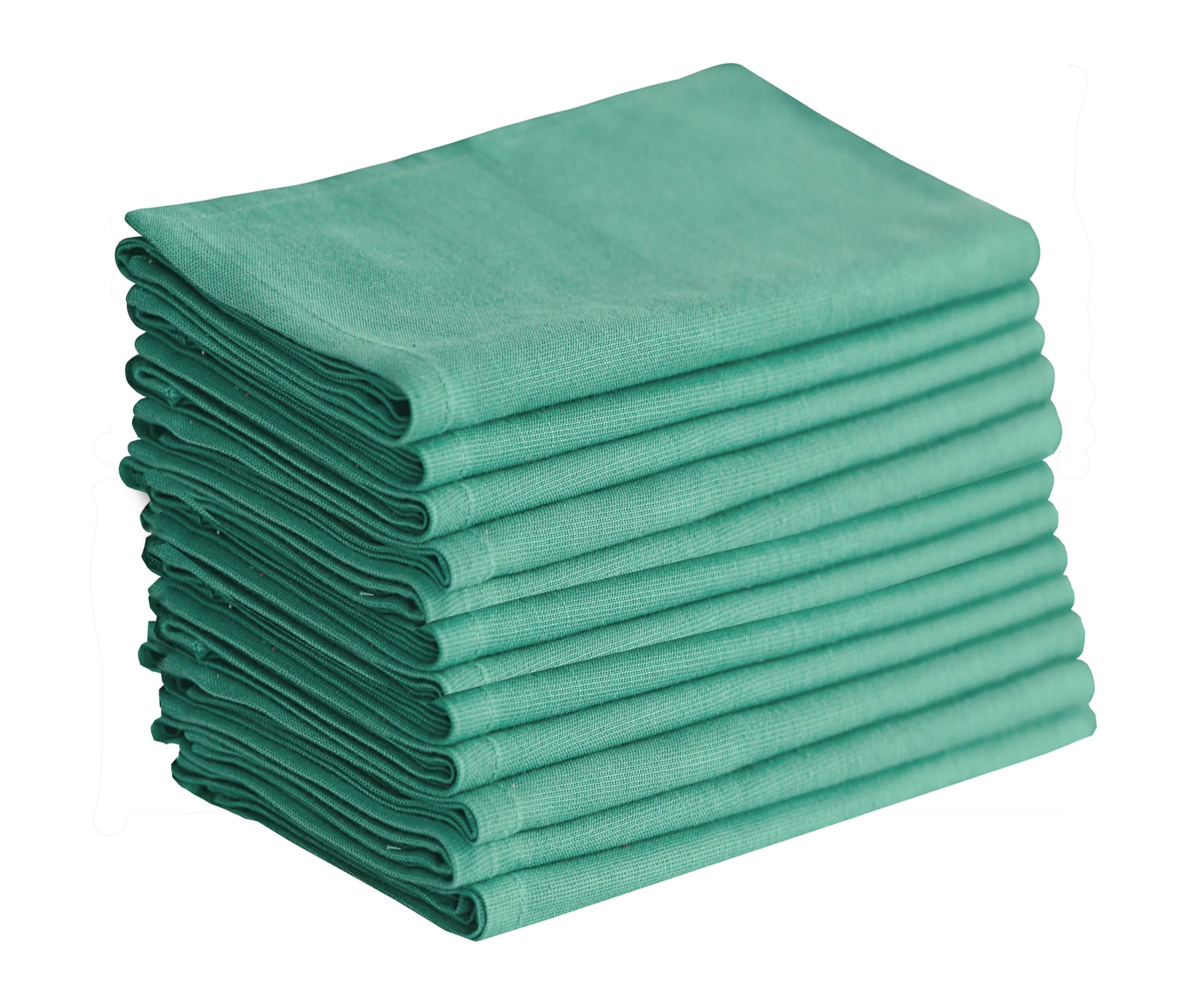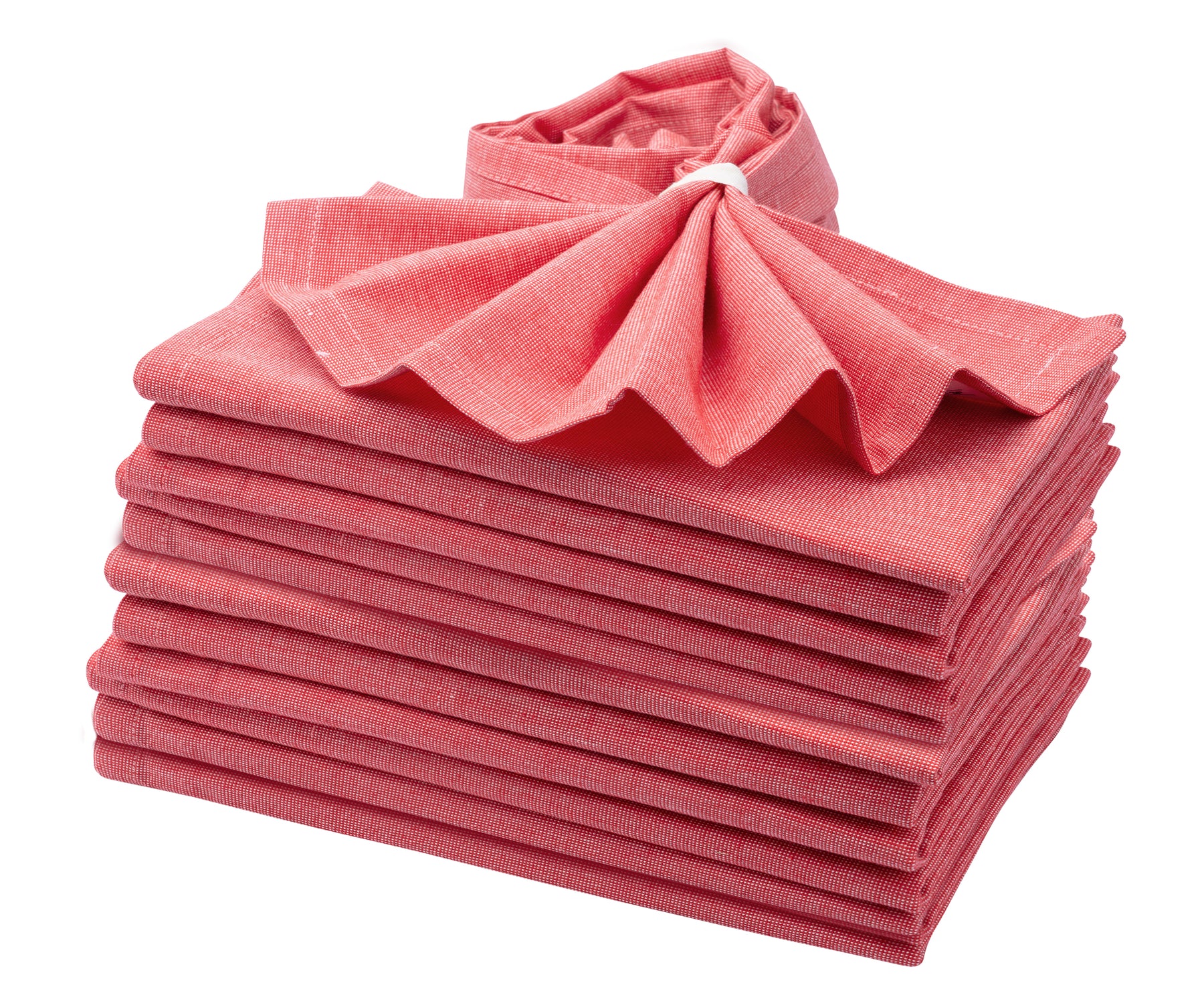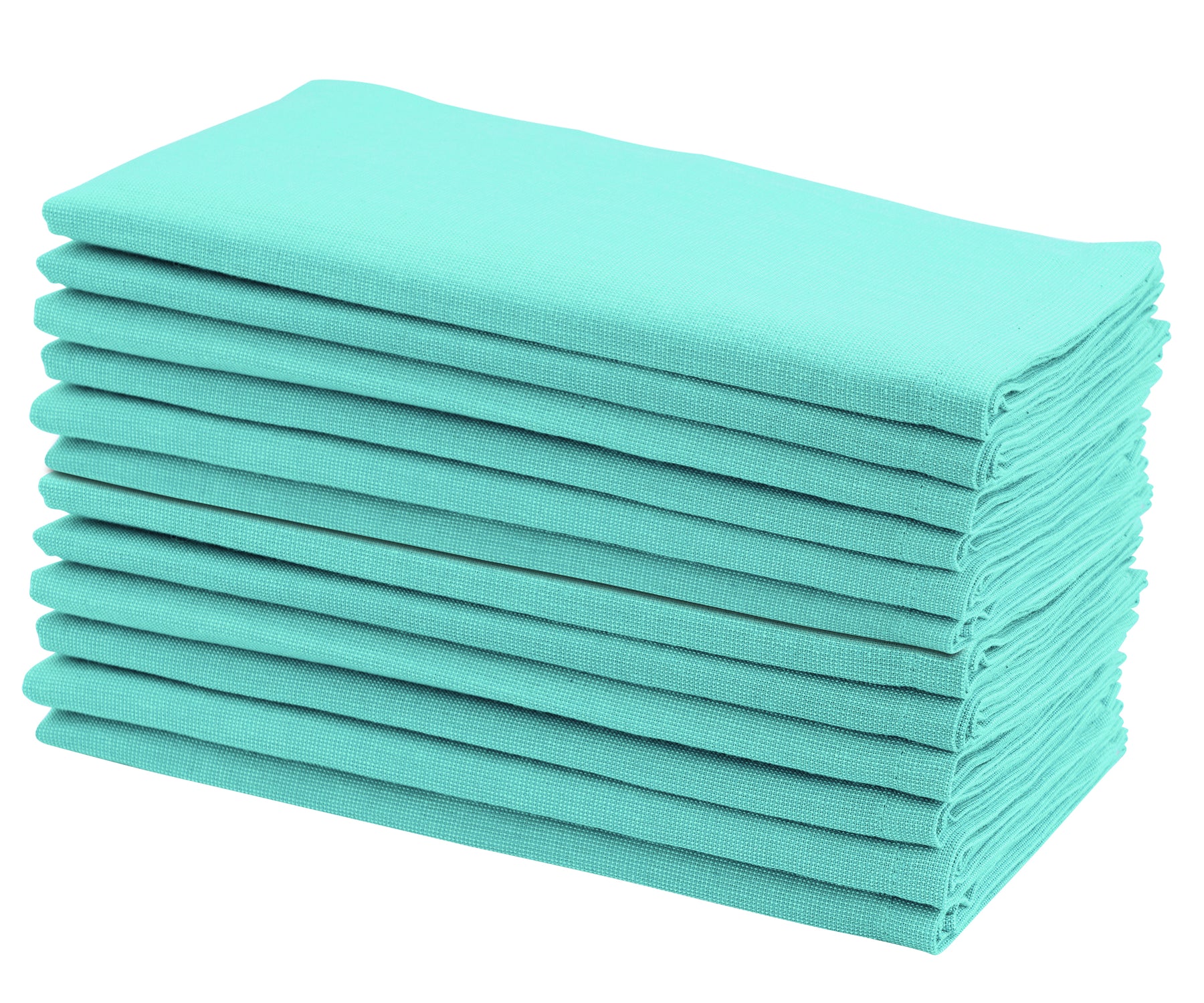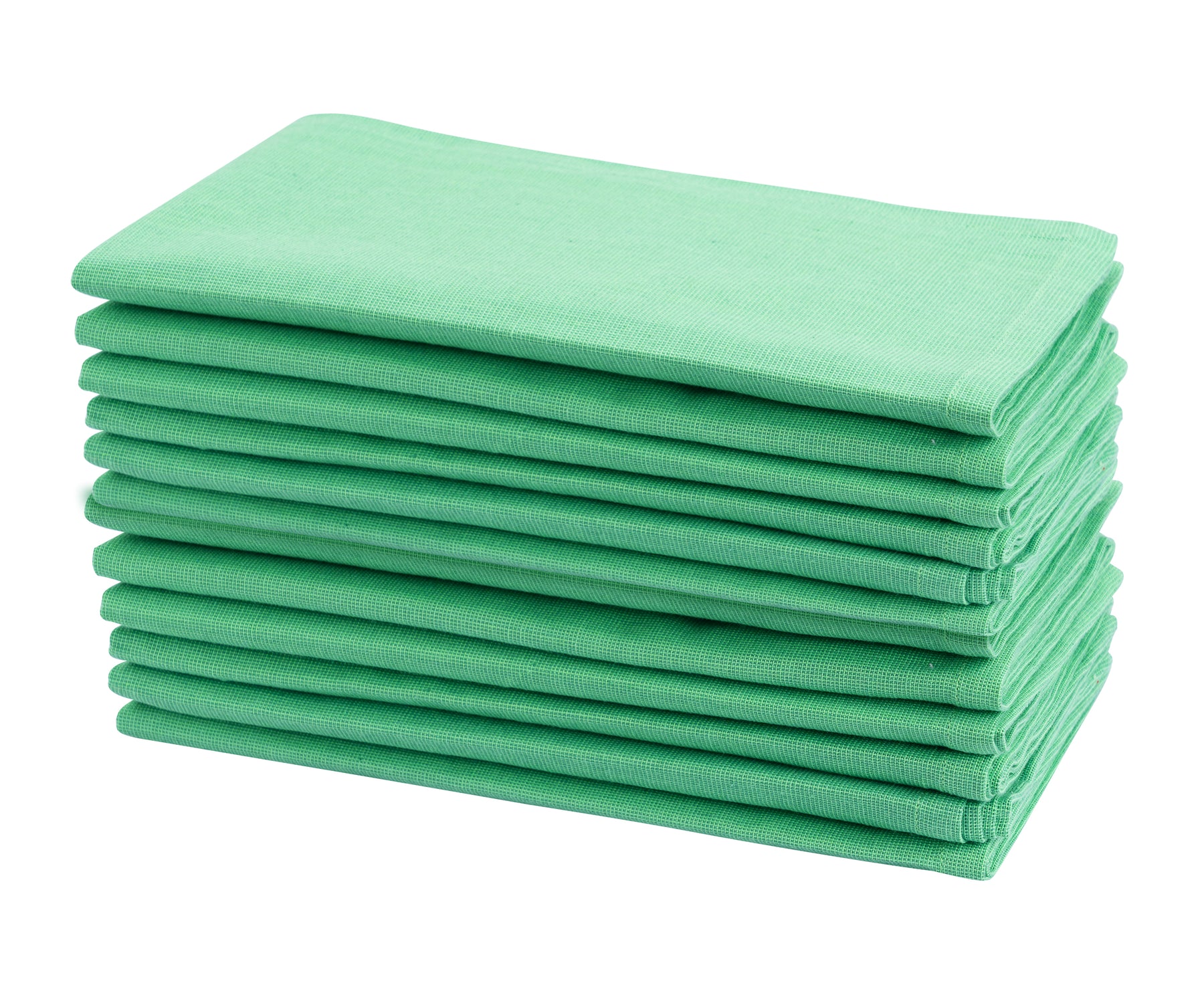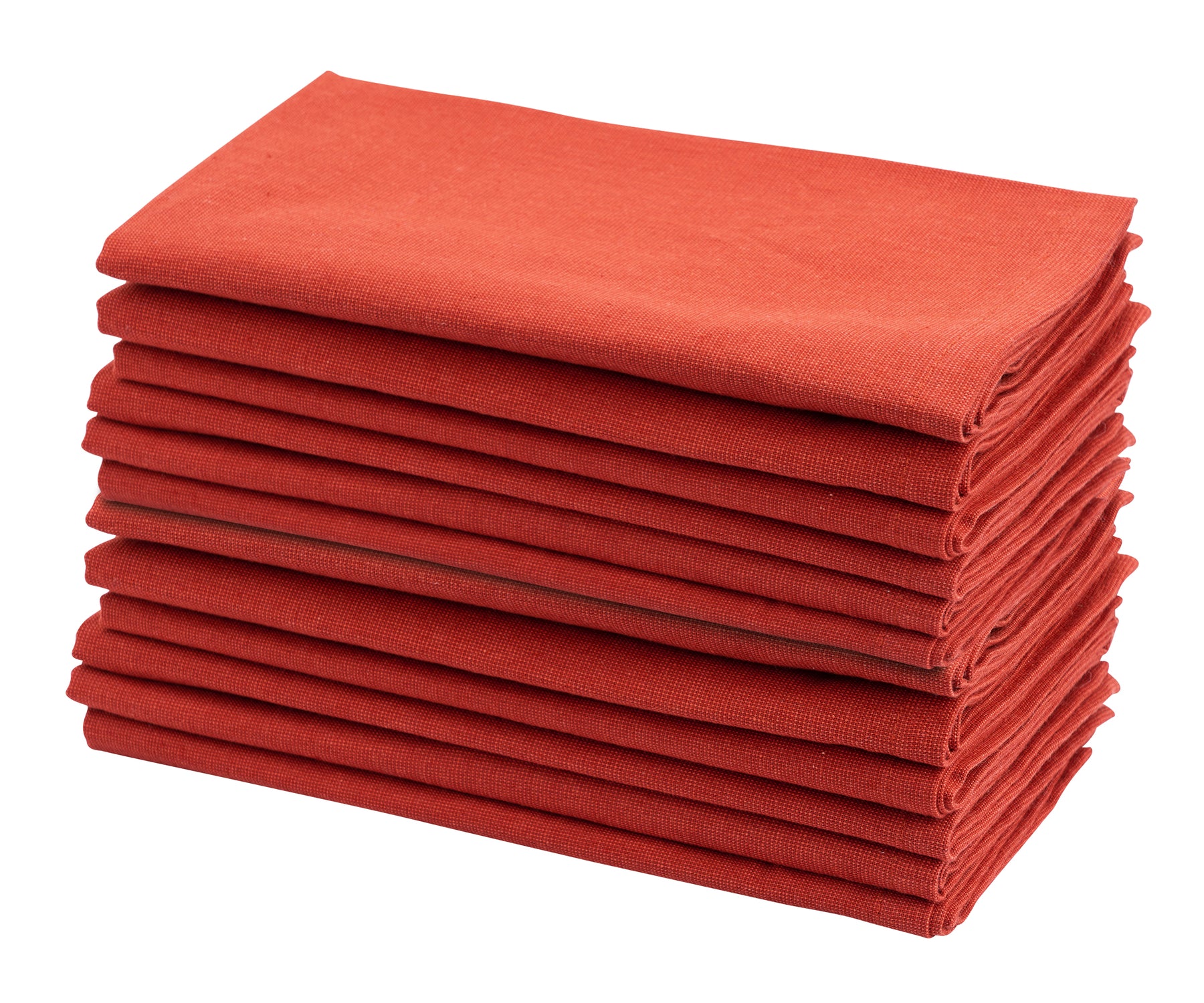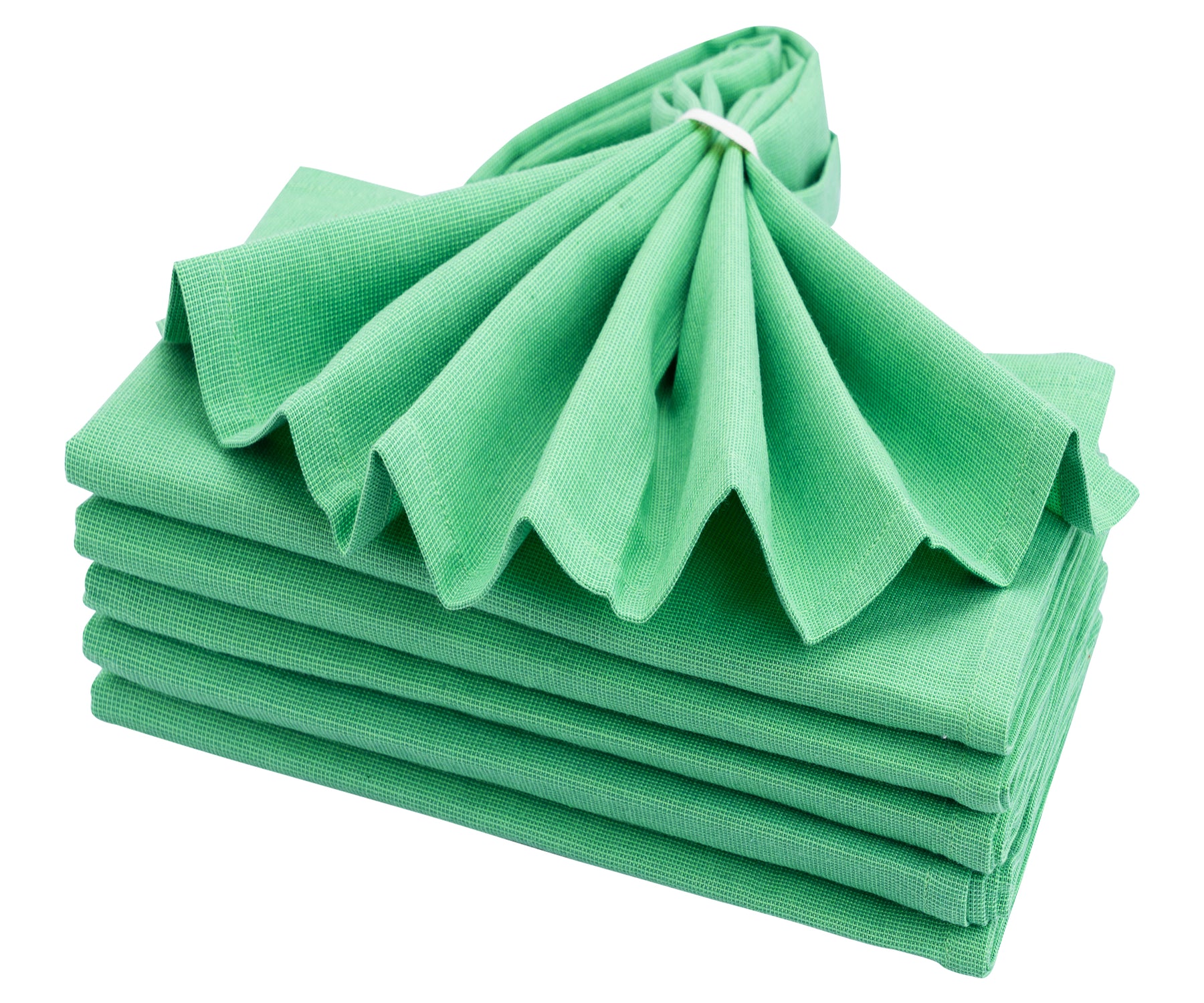1. Choose the Right Detergent
The type of detergent you use can affect both the environment and your laundry. Opt for biodegradable detergents that break down naturally and don’t harm aquatic life. Many products on the market today are designed to be gentler on the environment, reducing the impact of washing your clothes.

2. Wash Full Loads
Washing a full load of laundry is more efficient than running multiple smaller loads. This habit saves water and energy. Modern washing machines are designed to handle large loads without compromising on cleaning power. When you have enough items to wash, try to fill up the drum to make the most of each wash cycle.
3. Wash with Cold Water
Heating water for laundry accounts for a significant portion of energy consumption in the washing process. By washing your clothes in cold water, you reduce energy use and help preserve the colors and fabrics of your items. Most detergents are effective in cold water, so you don’t have to sacrifice cleanliness for energy savings.
4. Use Energy-Efficient Appliances
If you’re in the market for a new washing machine or dryer, look for energy-efficient models. These appliances use less water and energy, which can lead to lower utility bills and a smaller environmental footprint. Many models come with features like adjustable water levels and energy-saving settings.
5. Avoid Dryer Sheets
Dryer sheets can contain chemicals that are not environmentally friendly. Instead, consider using reusable dryer balls. They help to soften clothes and reduce drying time without adding harmful chemicals to the air. You can find options made from materials like wool, which are gentle on your laundry and the environment.
6. Hang Dry When Possible
Air drying your clothes can significantly cut down on energy use. Hanging your laundry to dry, either indoors or outdoors, not only saves energy but also extends the life of your garments. For items like tablecloths, dinner napkins, and kitchen towels, air drying is a great way to keep them looking their best.

7. Use a Lint Filter
If you use a dryer, make sure it has a lint filter that is cleaned regularly. A lint filter prevents lint from entering the air and contributes to a more efficient drying process. This simple step can also reduce the risk of fire hazards associated with lint buildup.
8. Repair Instead of Replacing
Instead of throwing away worn or damaged items, consider repairing them. For instance, if your pillowcases or sheet sets have small tears, mending them can extend their life. Many items can be fixed with basic sewing skills or a quick trip to a local tailor.
9. Choose Sustainable Products
When it's time to replace old items, choose products that are made from sustainable materials. At All Cotton and Linen, you can find a variety of items like placemats, linen curtains, and reusable bags such as mesh bags, string bags, and muslin bags. These items are made from natural fibers and are designed to be durable and long-lasting.
10. Minimize Plastic Use
Avoid using plastic bags or single-use items. Instead, invest in reusable grocery bags made from materials like cotton or mesh. These bags help reduce plastic waste and can be used for a variety of purposes, including organizing laundry and shopping.
11. Properly Maintain Your Appliances
Regular maintenance of your washing machine and dryer ensures they run efficiently and last longer. Follow the manufacturer’s guidelines for cleaning and servicing your appliances. This includes checking hoses, cleaning filters, and ensuring that everything is in good working condition.
12. Choose Natural Fiber Fabrics
When purchasing new items like dish towels or tablecloths, opt for those made from natural fibers such as cotton or linen. These materials are biodegradable and often require less energy to produce compared to synthetic fabrics. Additionally, they tend to be more durable and can withstand repeated washing.

13. Reduce Chemical Use
Limit the use of harsh chemicals in your laundry routine. Opt for mild detergents and avoid bleach whenever possible. Natural alternatives, such as baking soda and vinegar, can be effective in cleaning and deodorizing your laundry without contributing to environmental harm.
14. Store and Dispose Properly
If you have leftover detergent or other laundry supplies, store them properly to prevent spills and contamination. Dispose of any empty containers or unused products in an environmentally responsible manner, following local recycling guidelines.
15. Educate and Inspire
Share your laundry habits and tips with friends and family. Encouraging others to adopt similar practices can amplify the positive impact on the environment. Together, small changes in laundry habits can lead to significant benefits for our planet.
By incorporating these habits into your laundry routine, you can make a meaningful difference in reducing your environmental impact. Simple adjustments can lead to more sustainable living while keeping your home and clothes in great condition.
Related Readings
- Eco-Friendly Sustainable Laundry - National Geographic explores various methods and innovations in sustainable laundry practices to help reduce environmental impact.
- Guide to Eco-Friendly Laundry - The Commons provides a comprehensive guide on eco-friendly laundry habits, from choosing the right detergents to reducing energy use.
- The Psychology of Laundry Habits Suggests a New Spin on Sustainability Campaigns - Anthropocene Magazine delves into the psychological aspects of laundry habits and how they can be leveraged for more effective sustainability campaigns.
- How to Go Green with Your Laundry - TreeHugger offers practical tips and advice on making your laundry routine more environmentally friendly.




